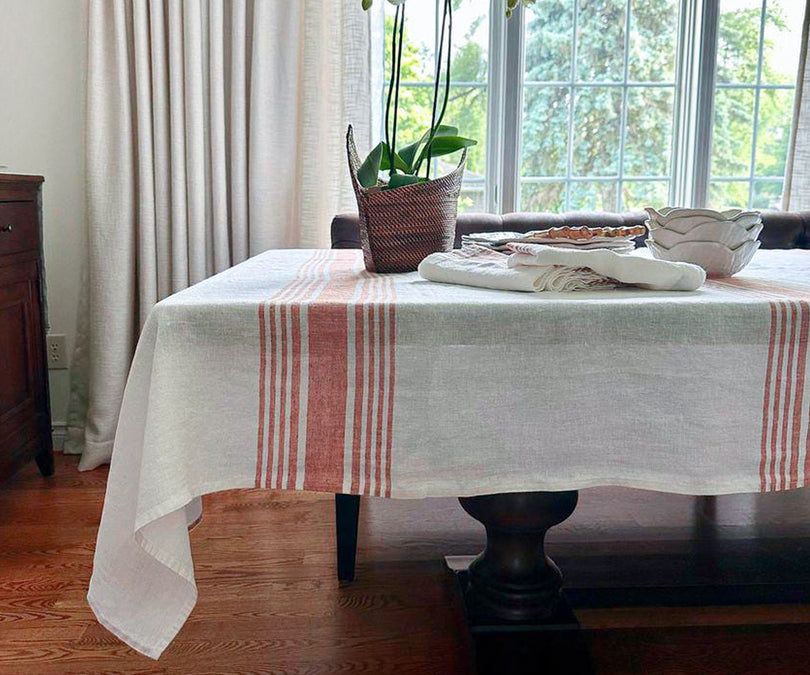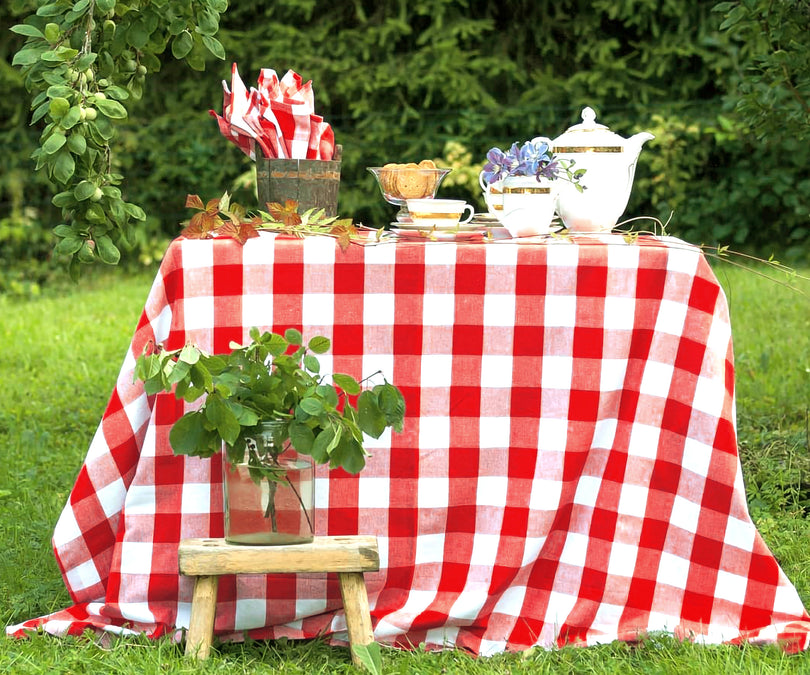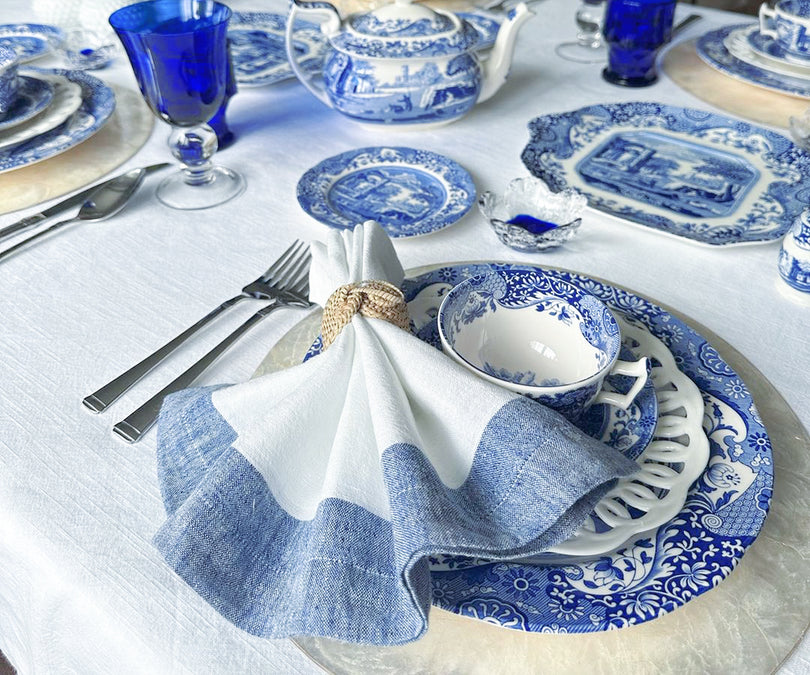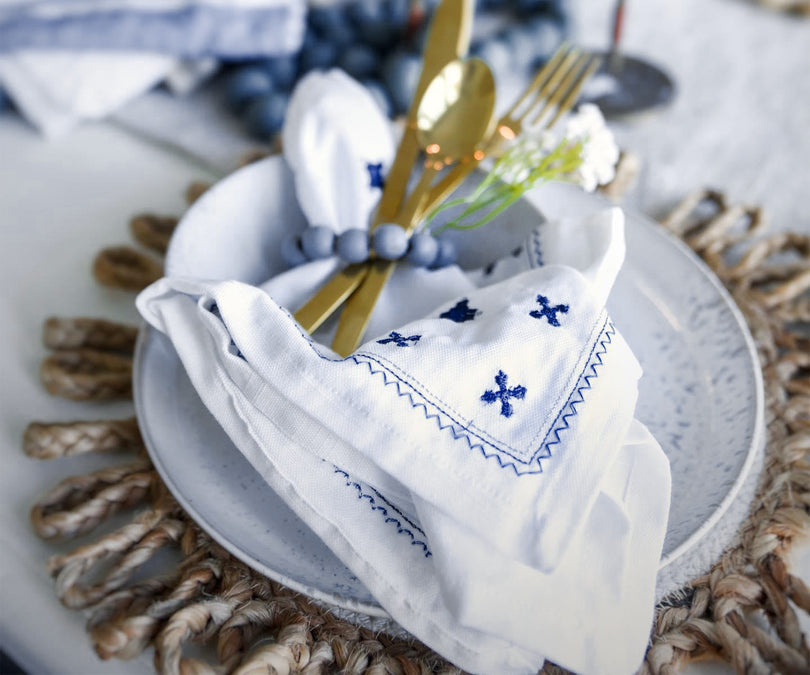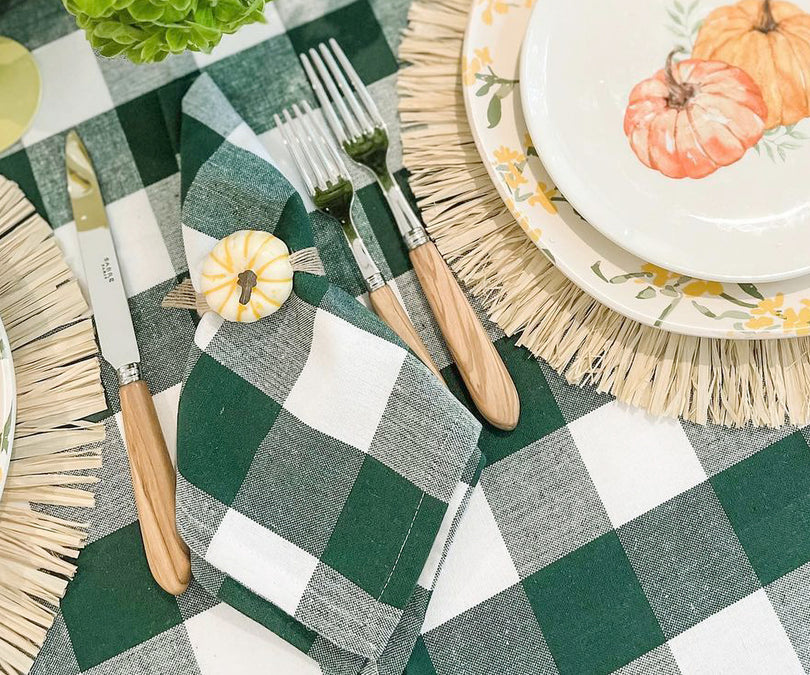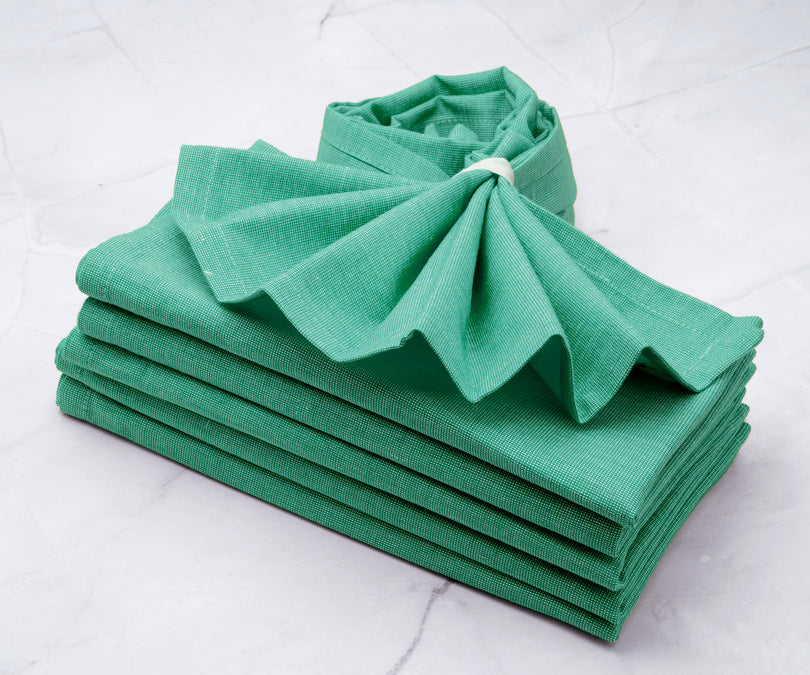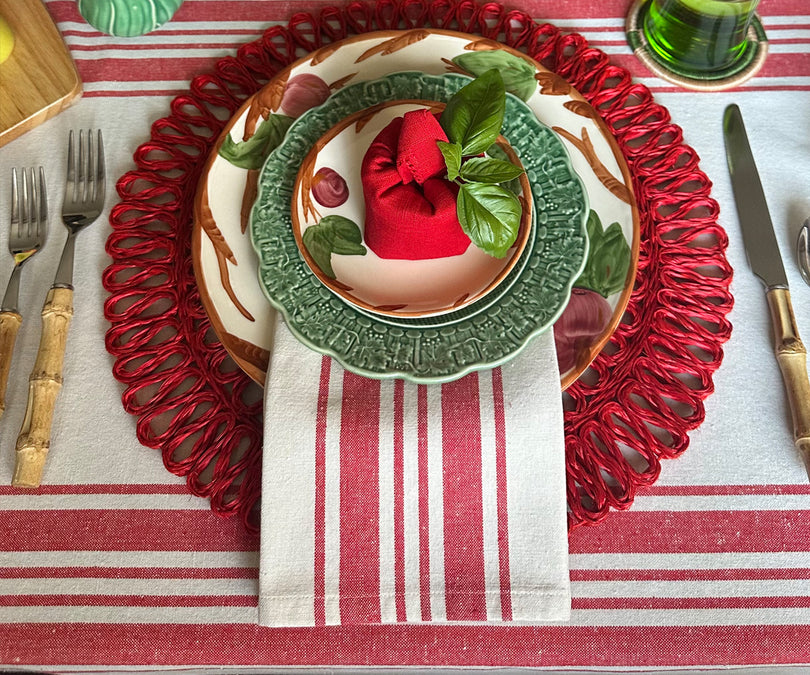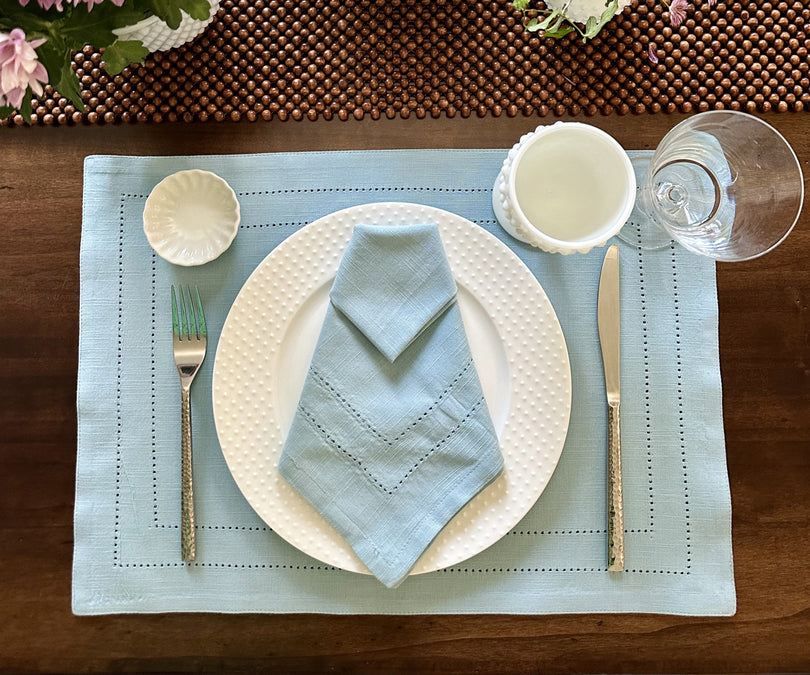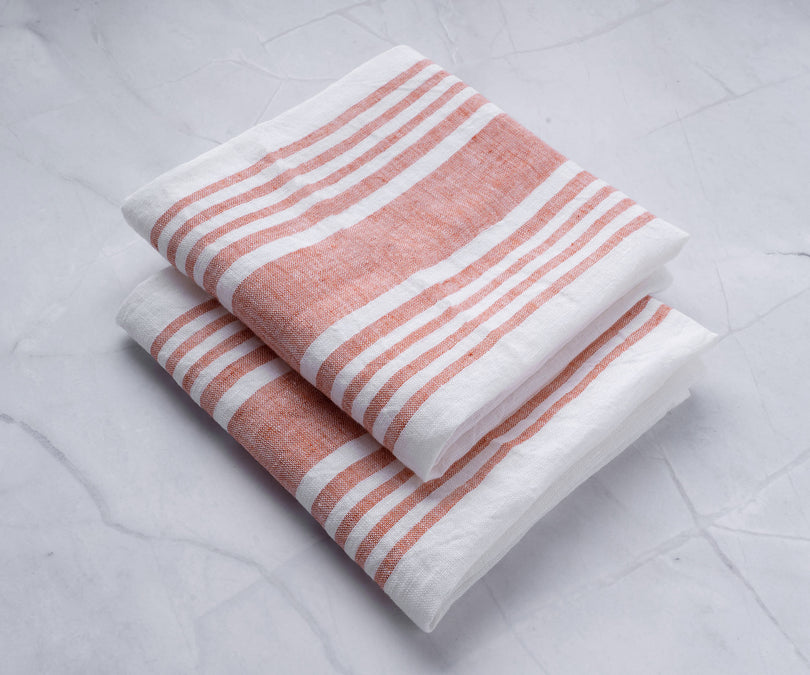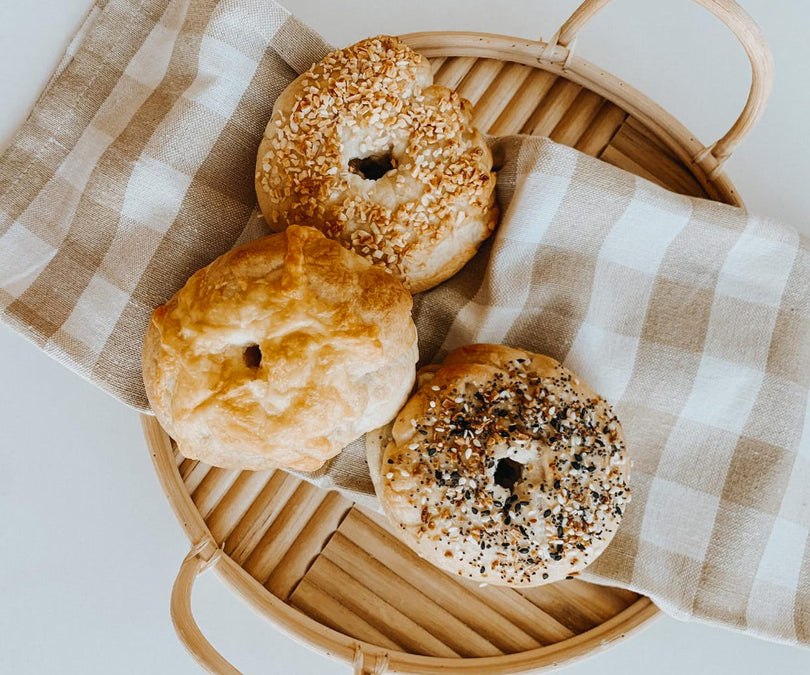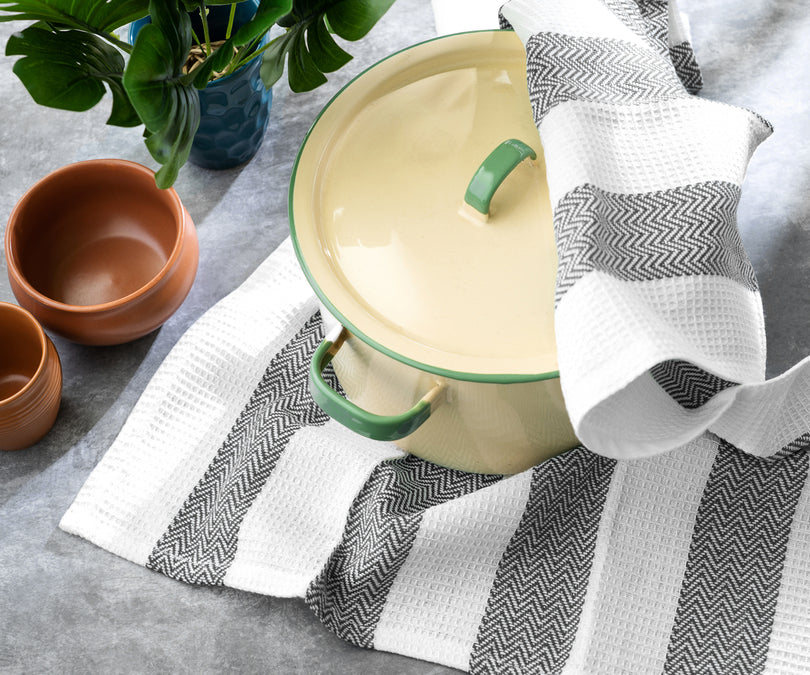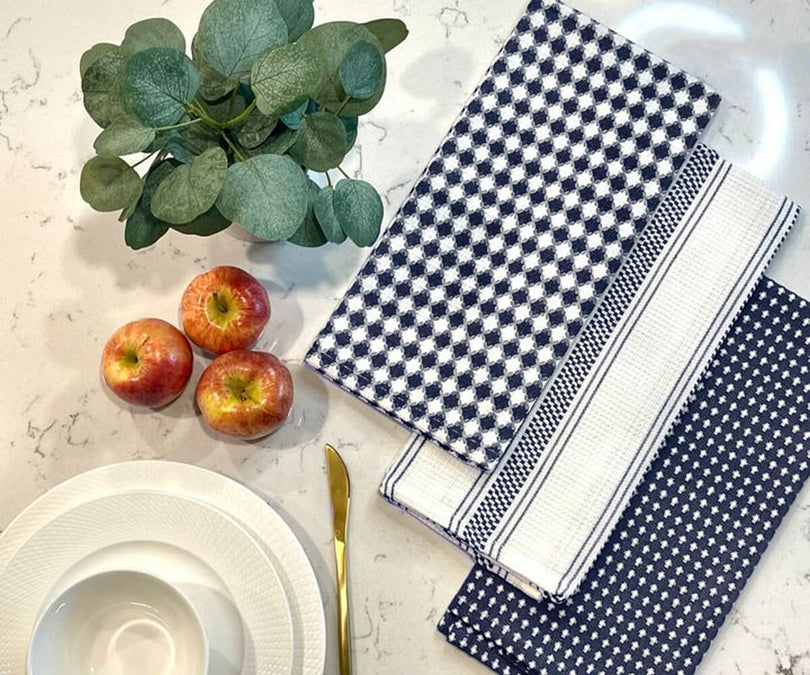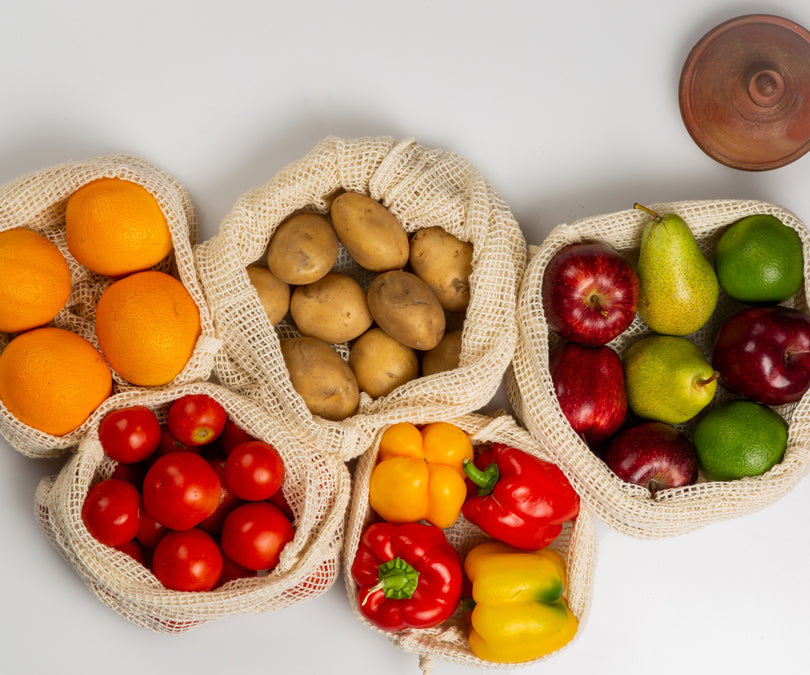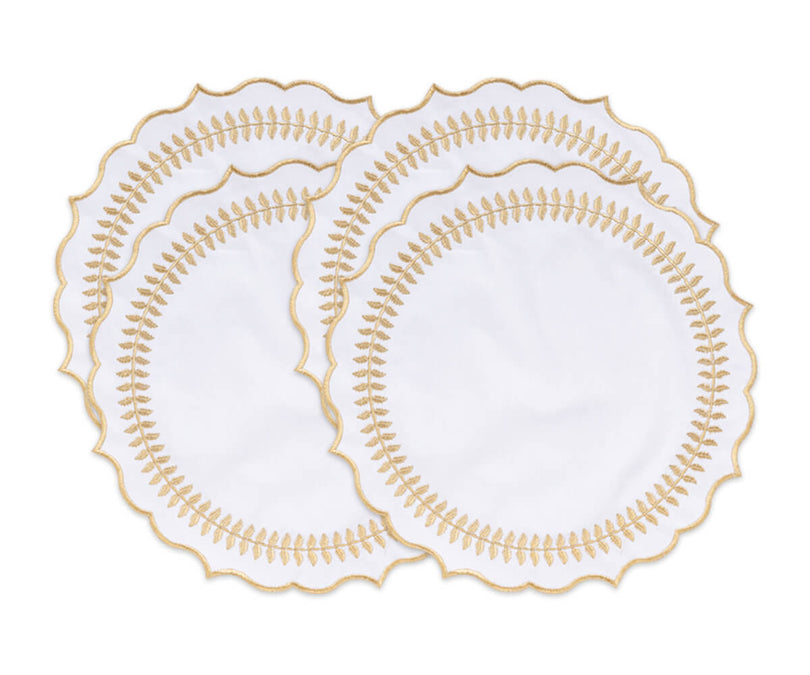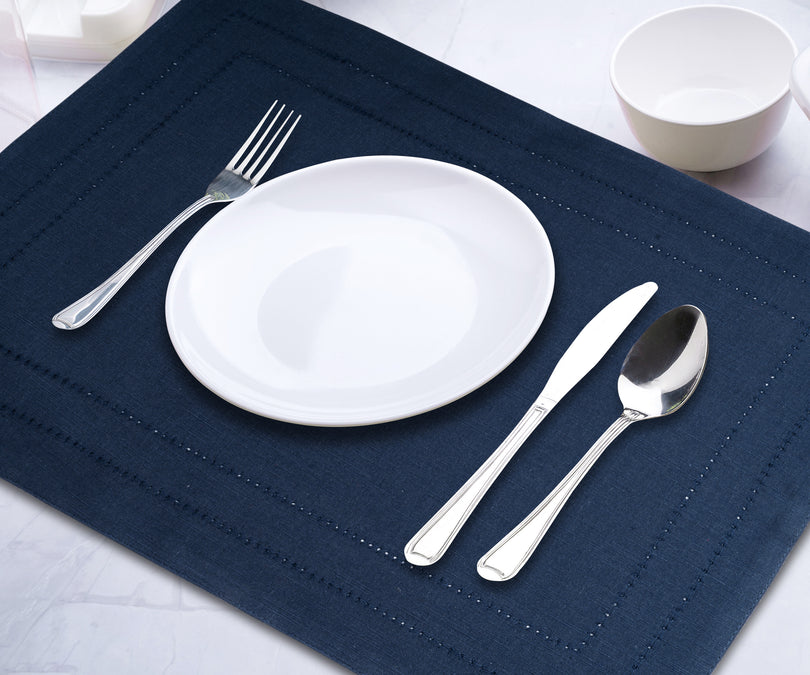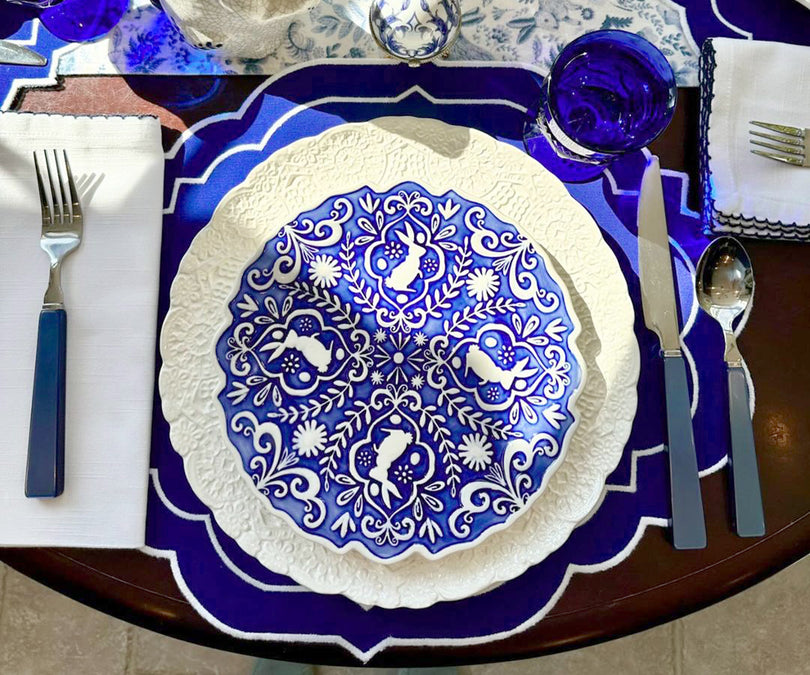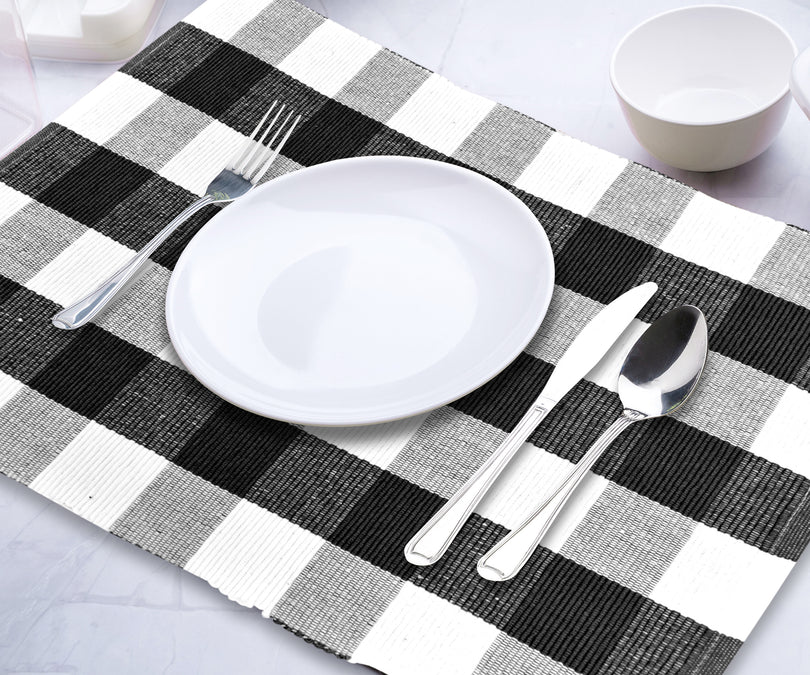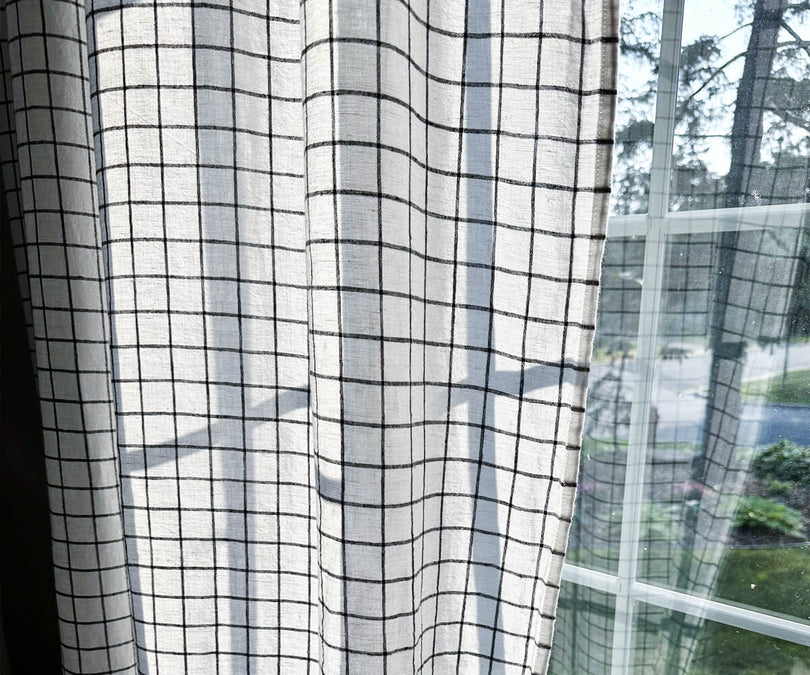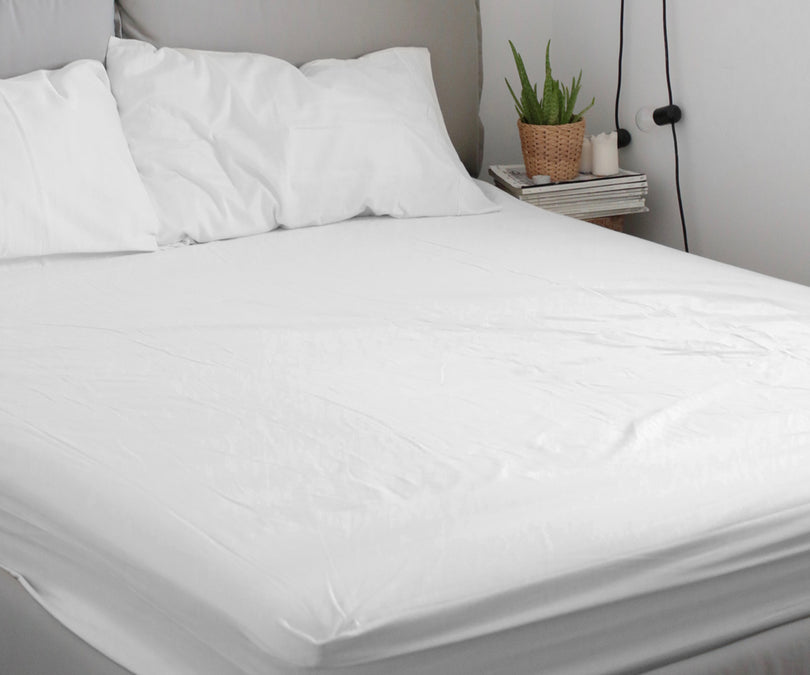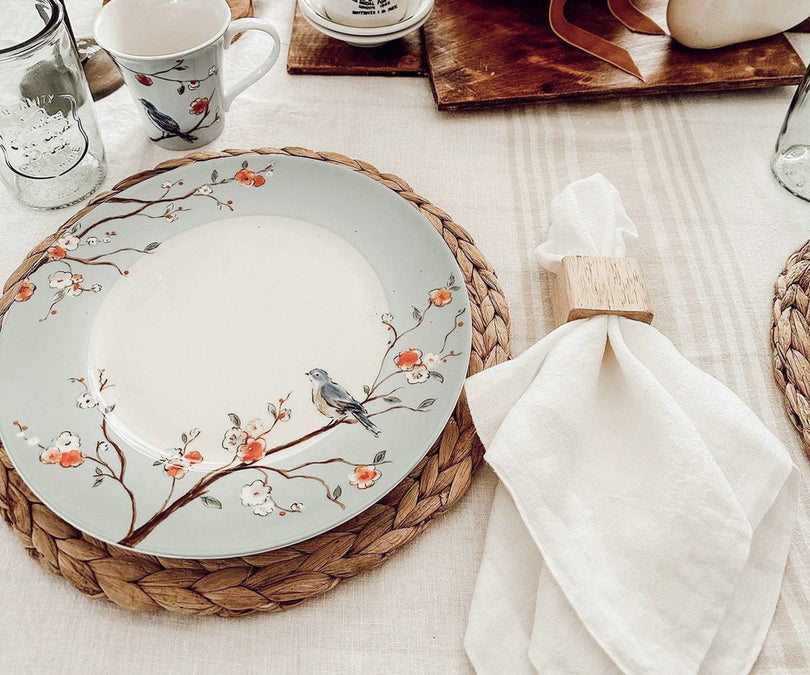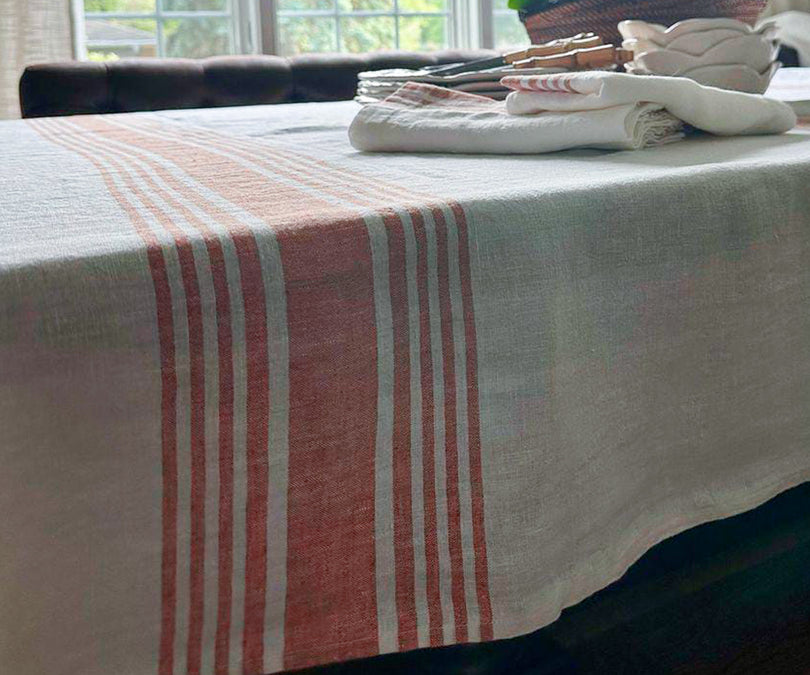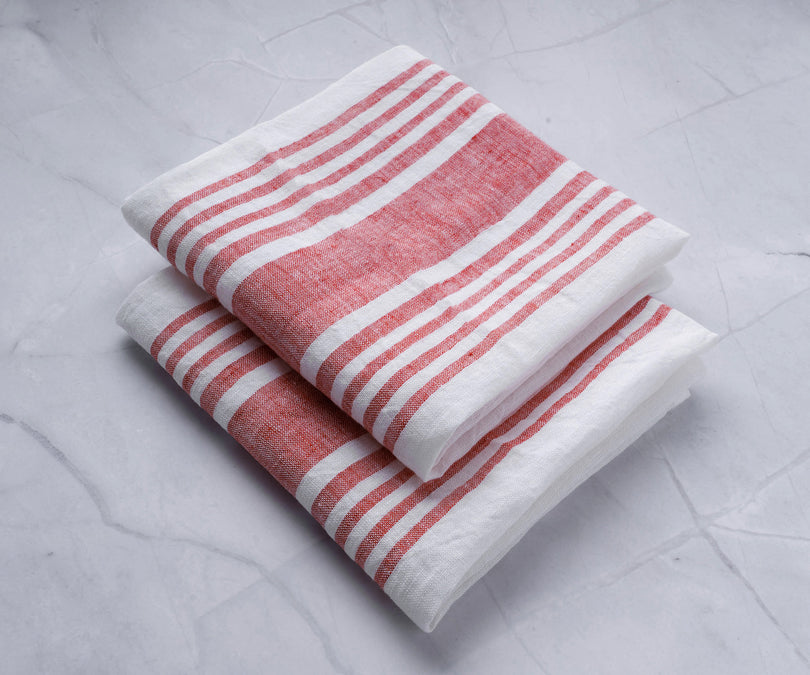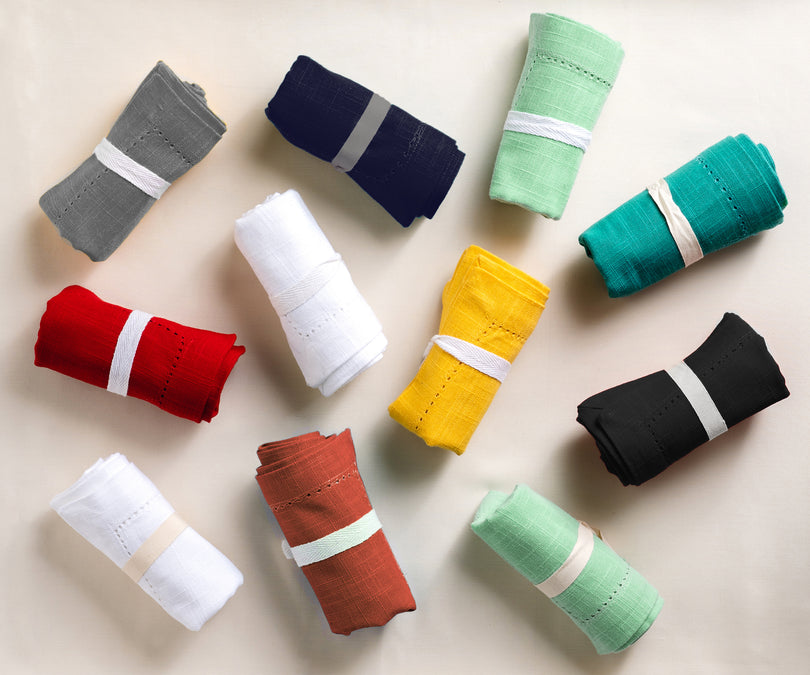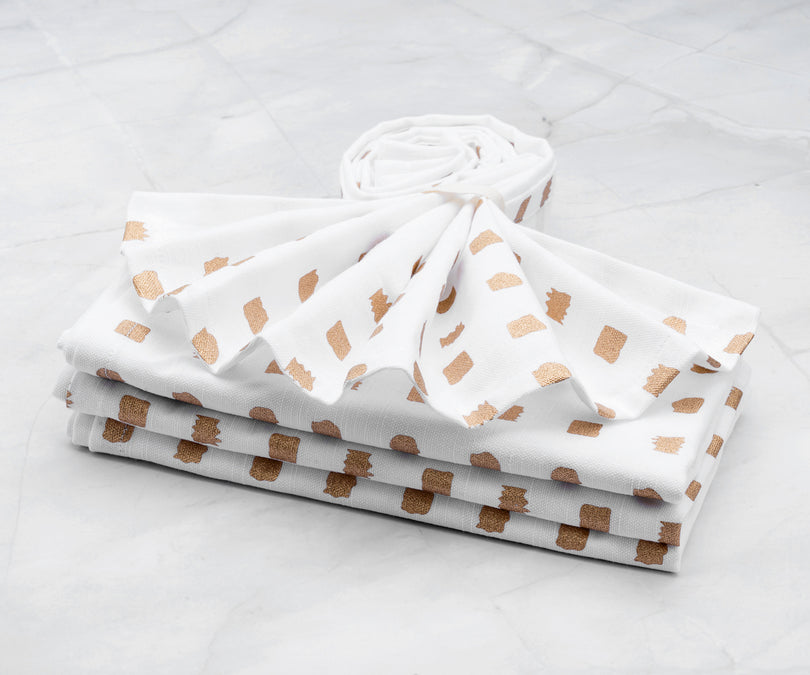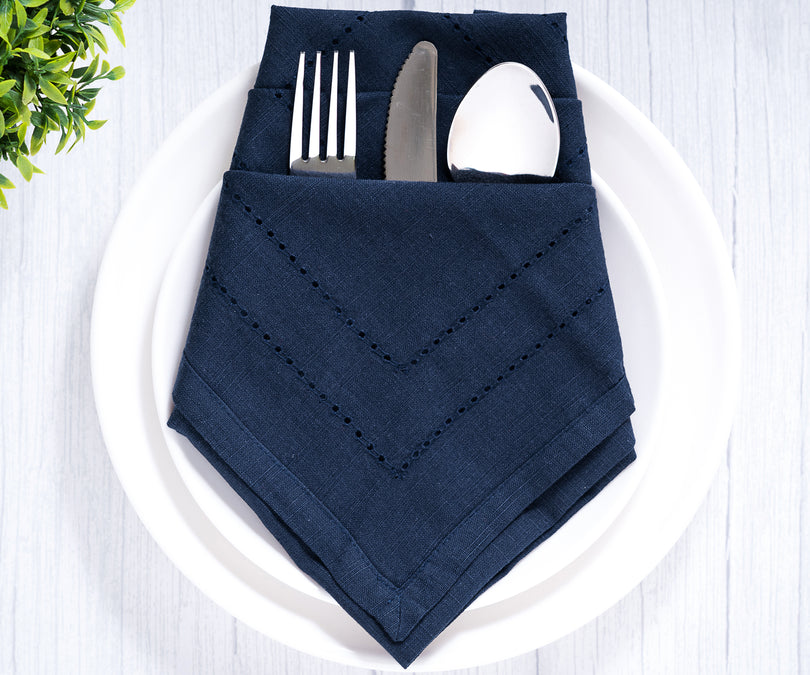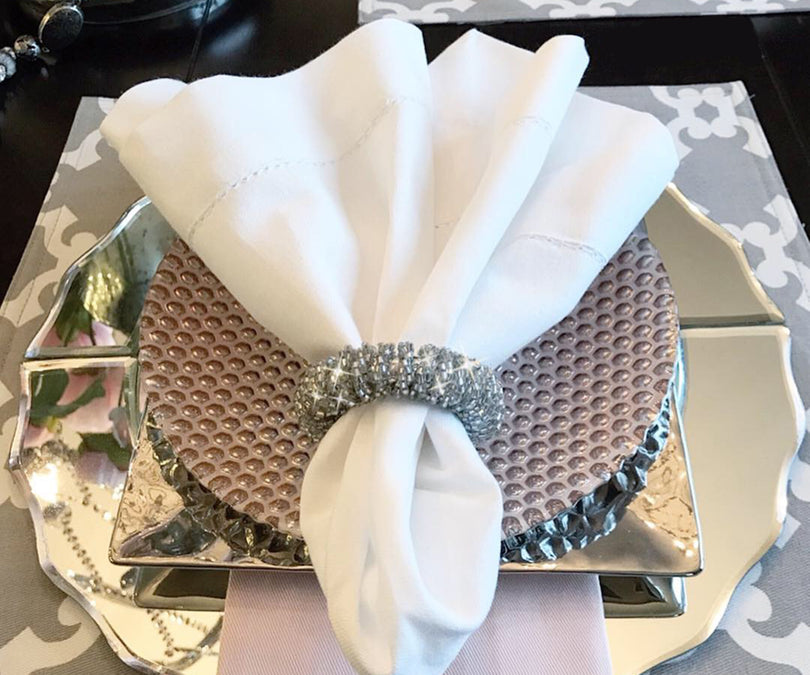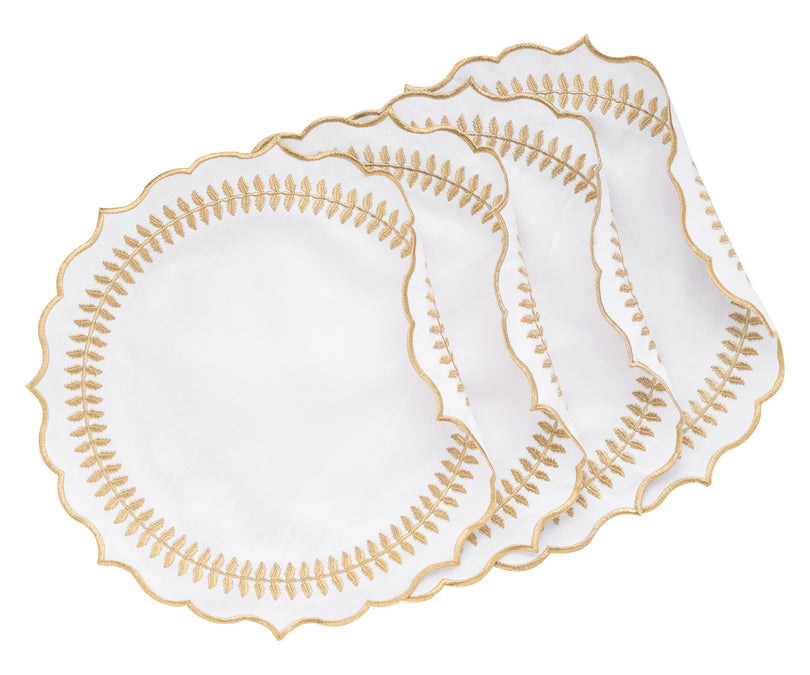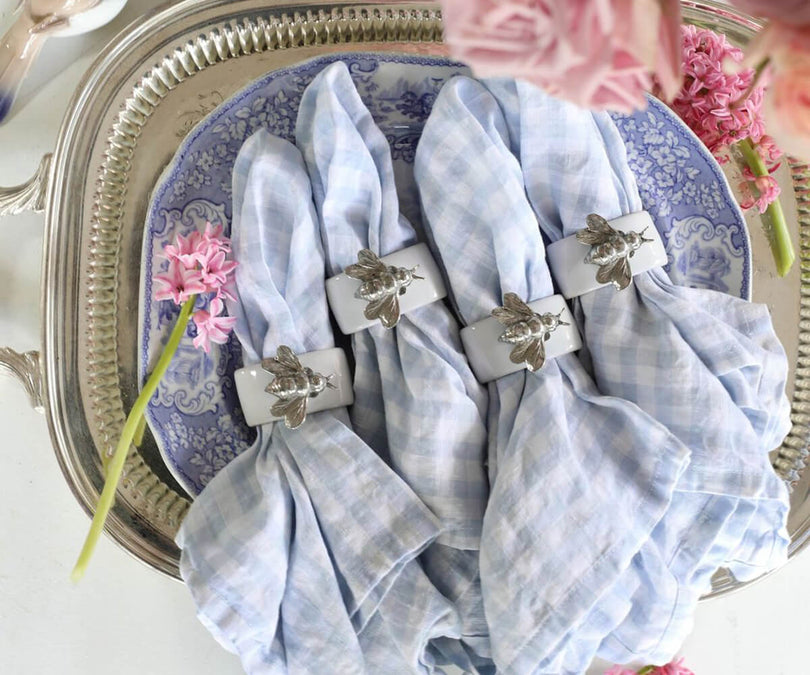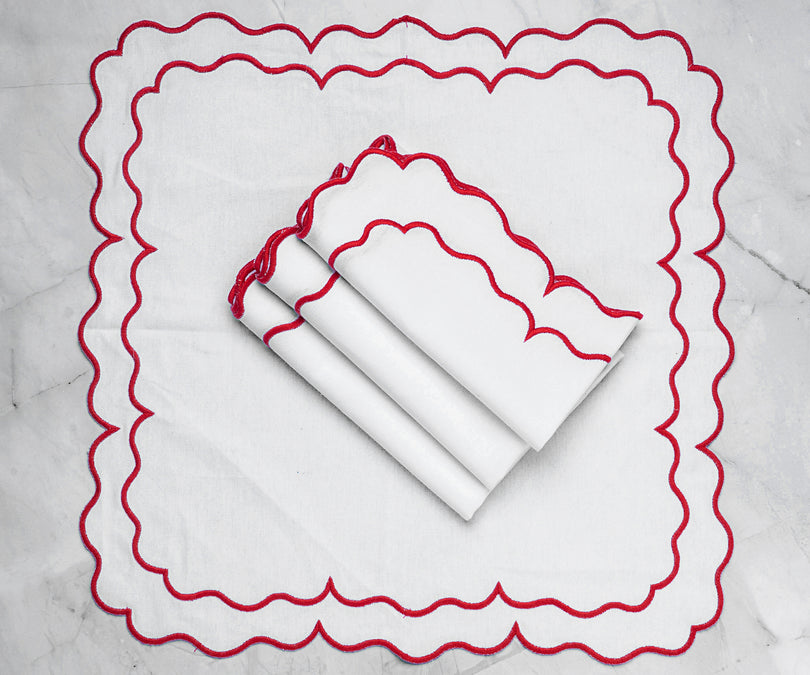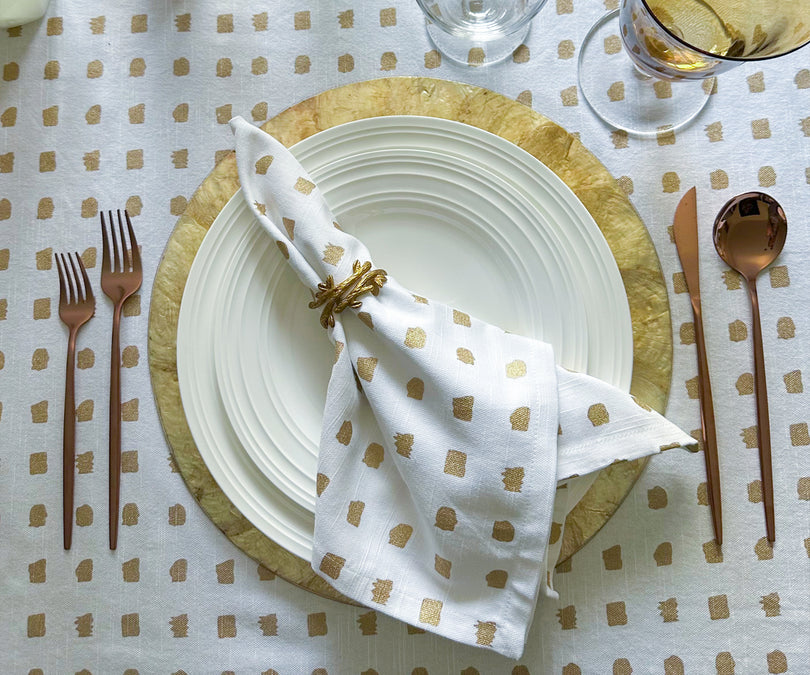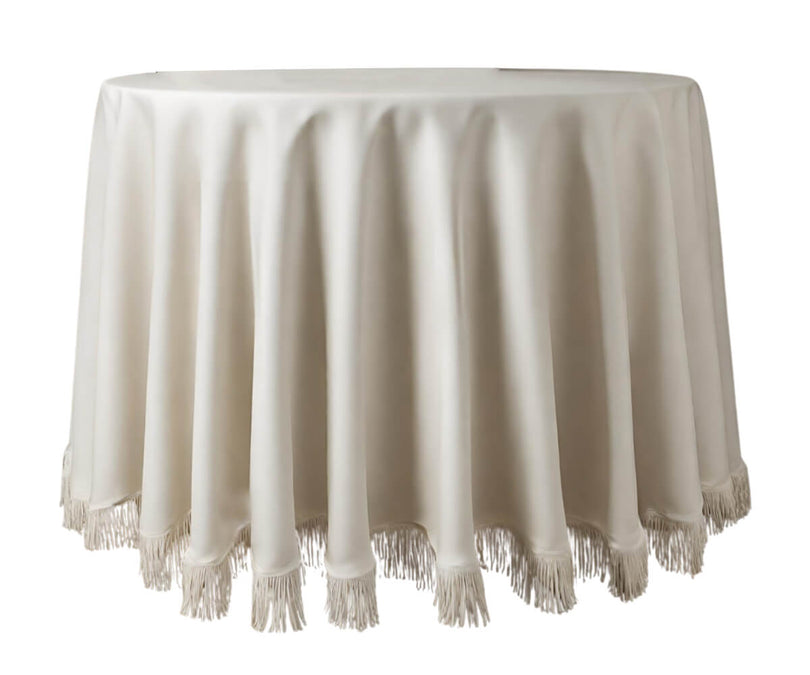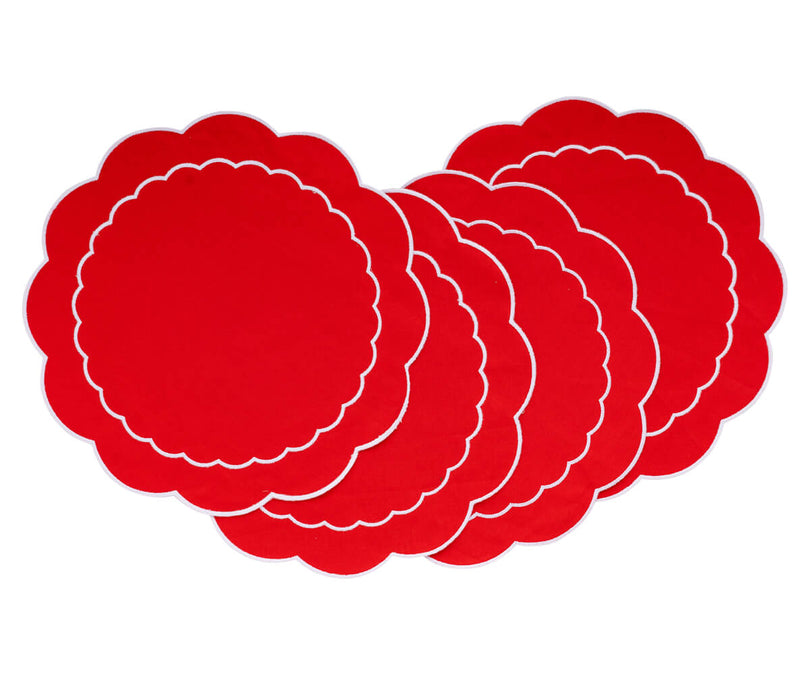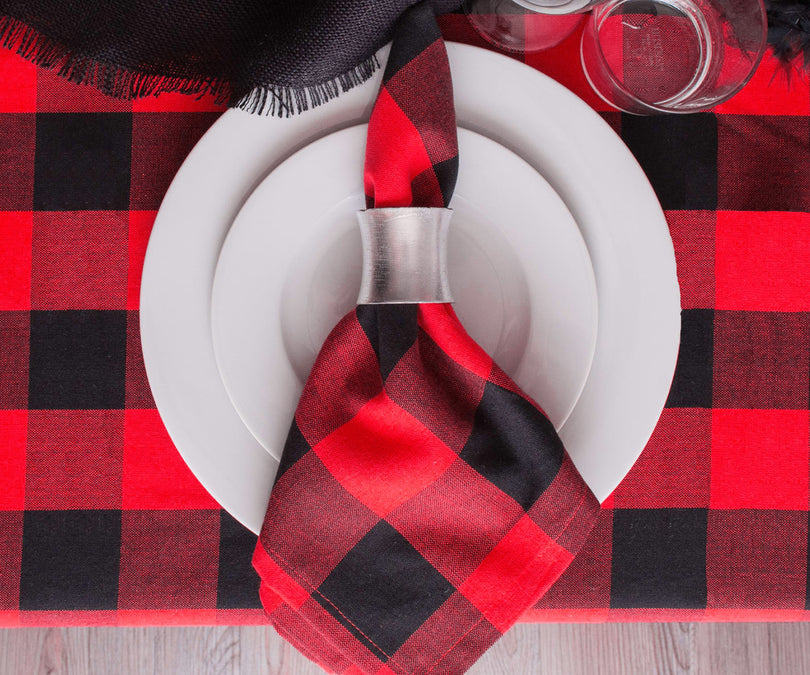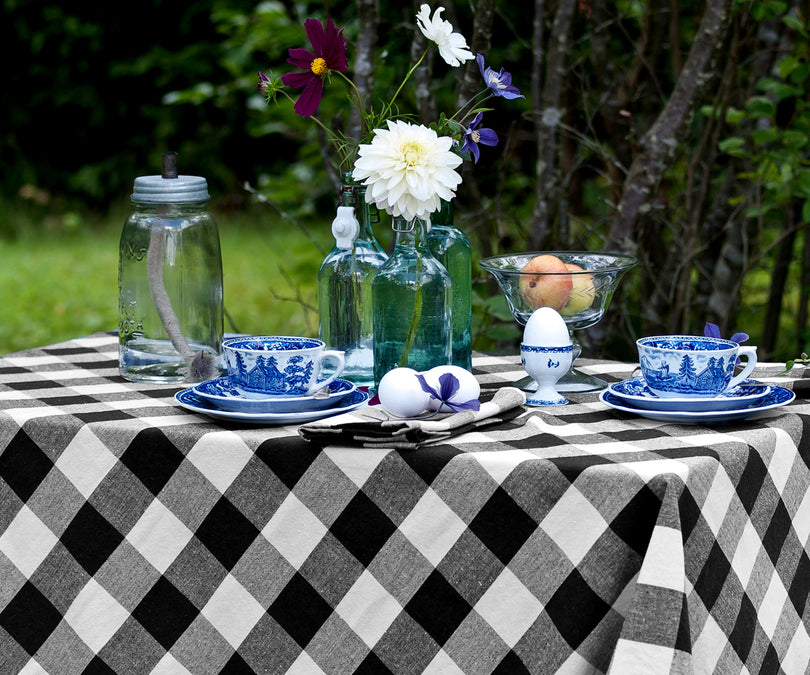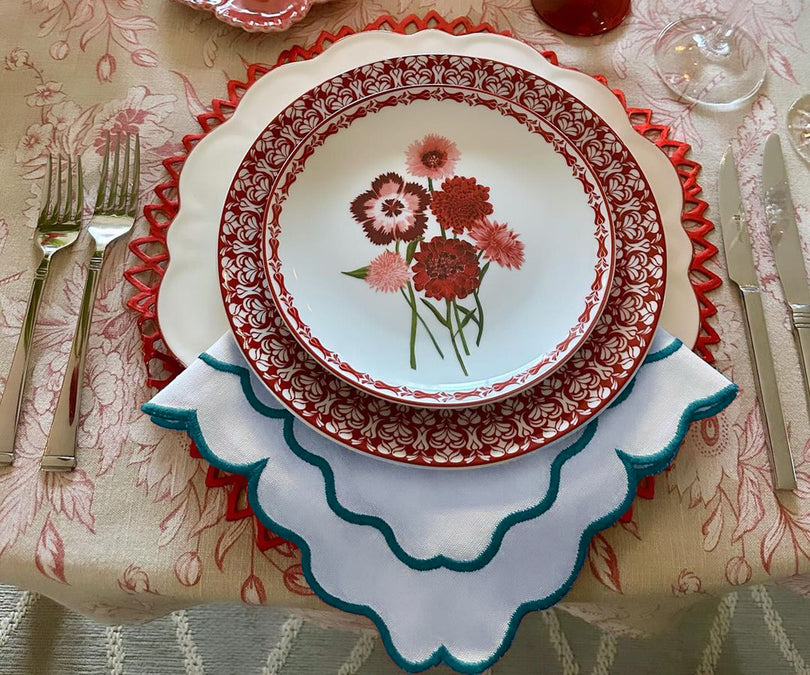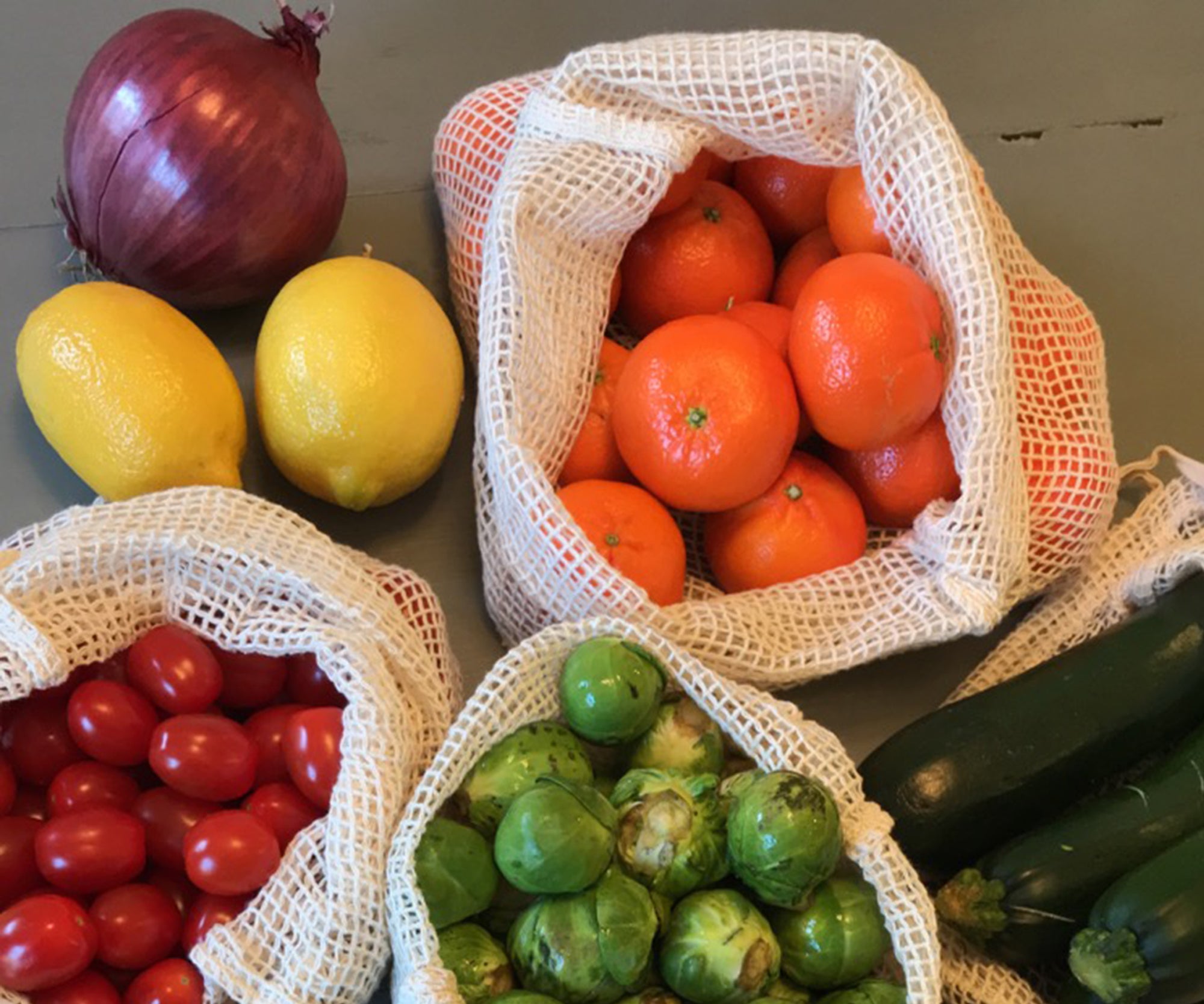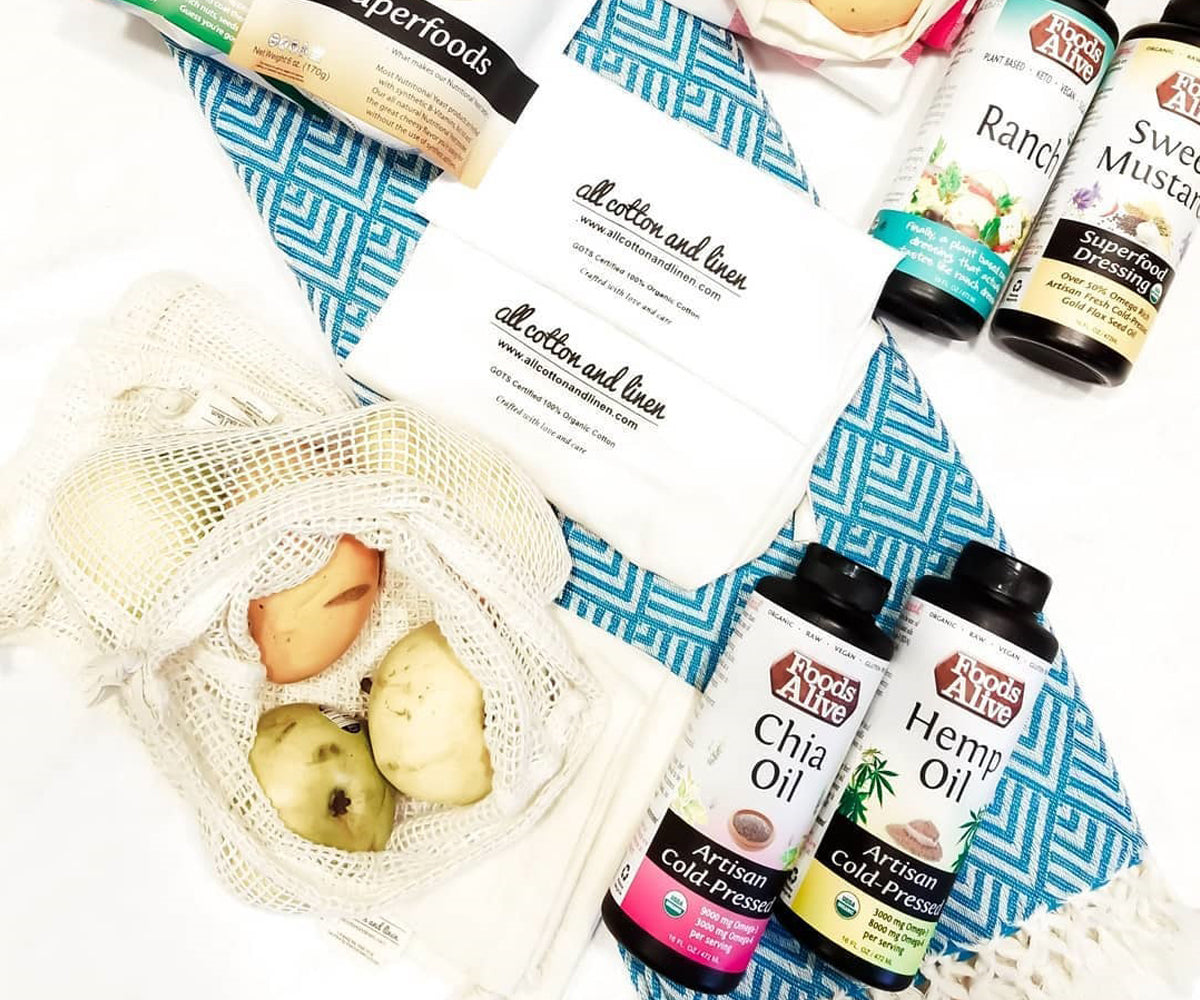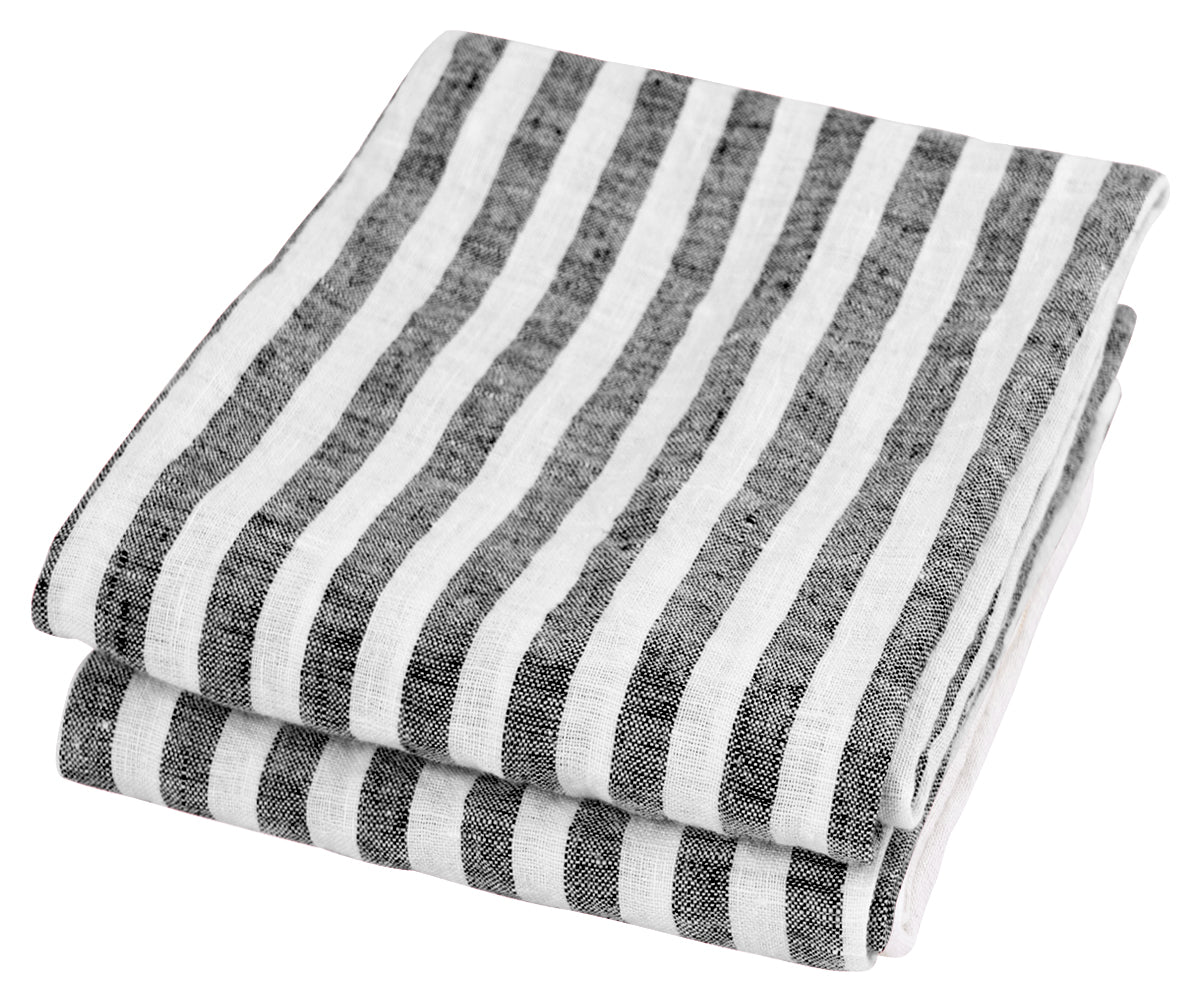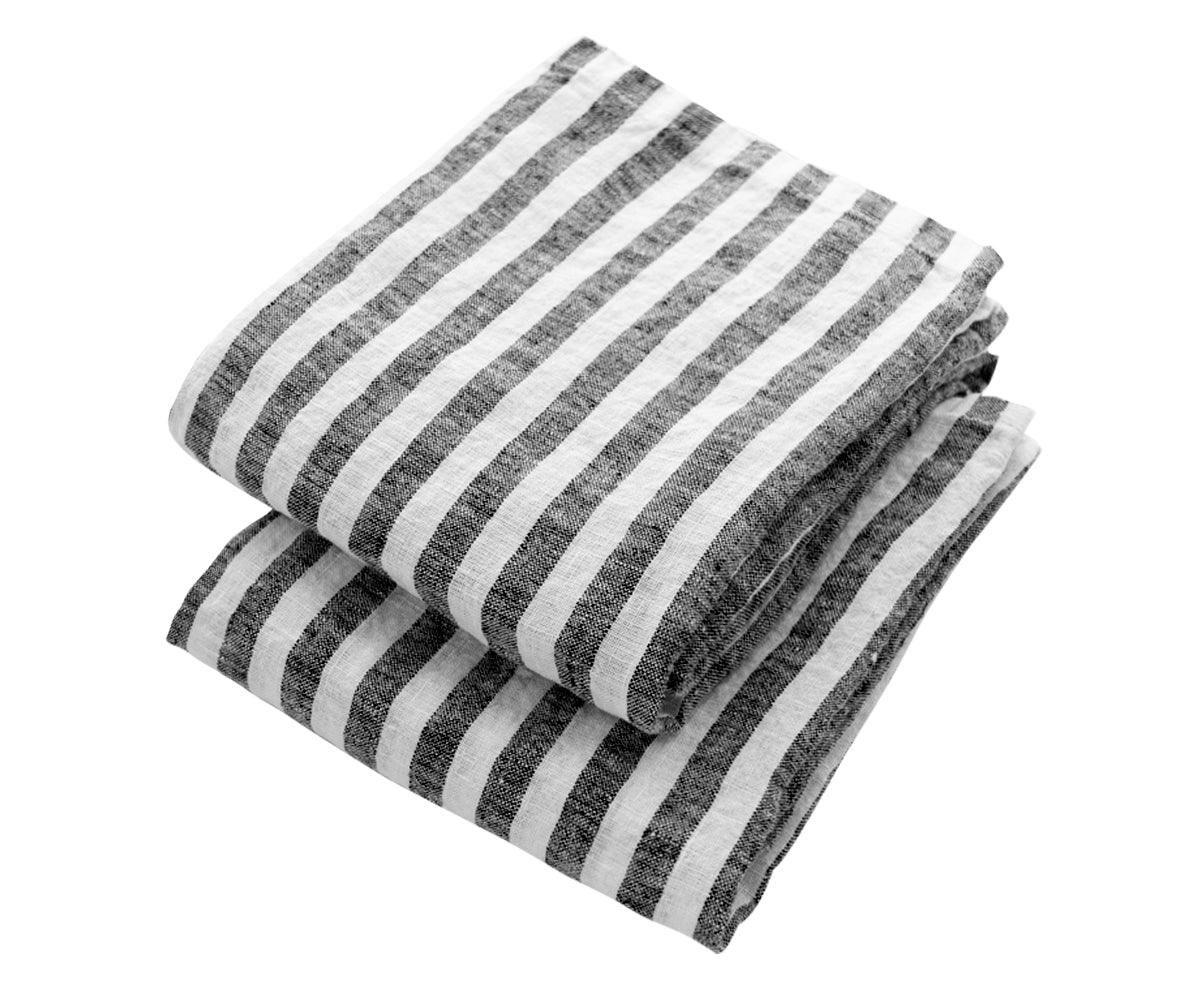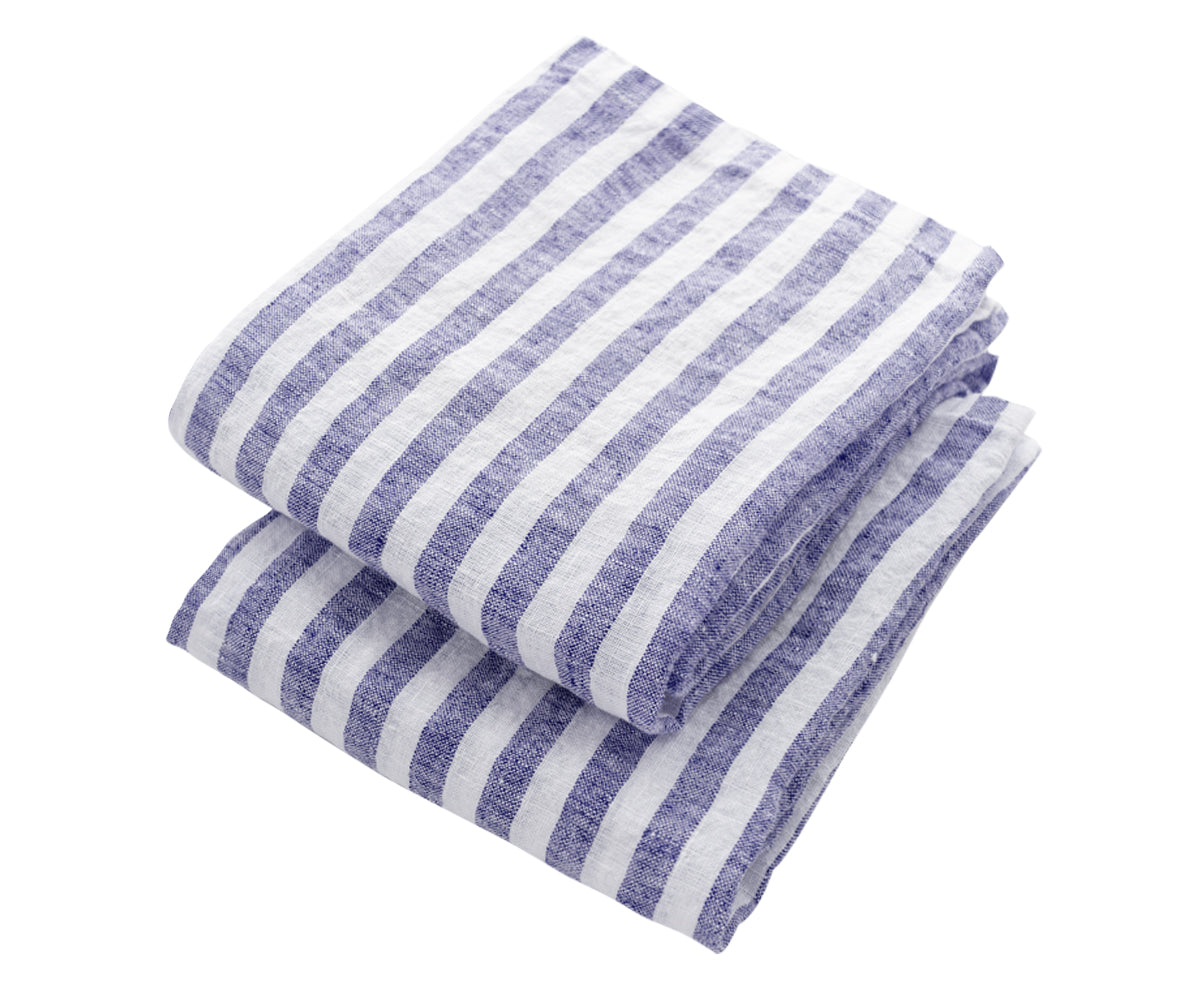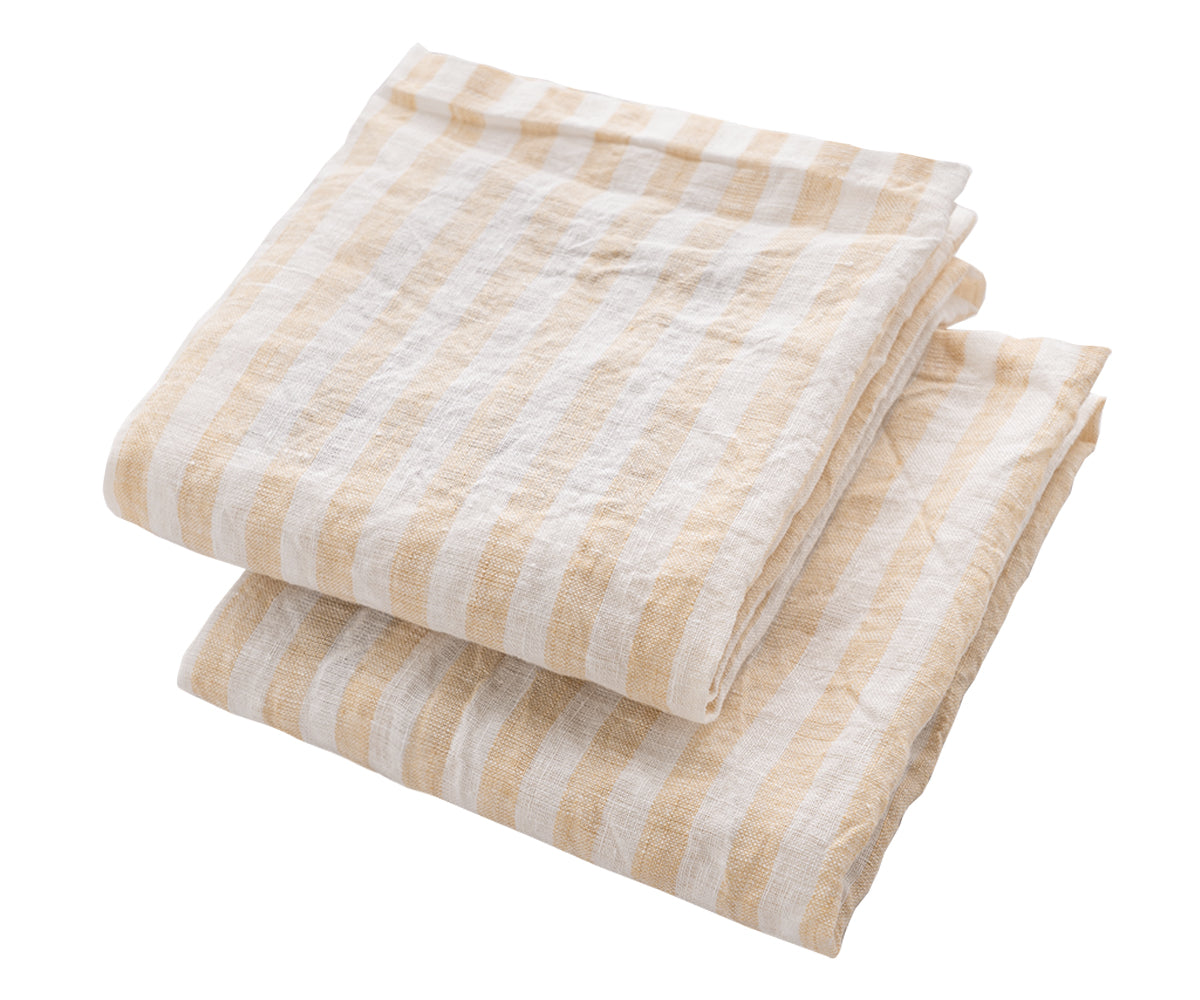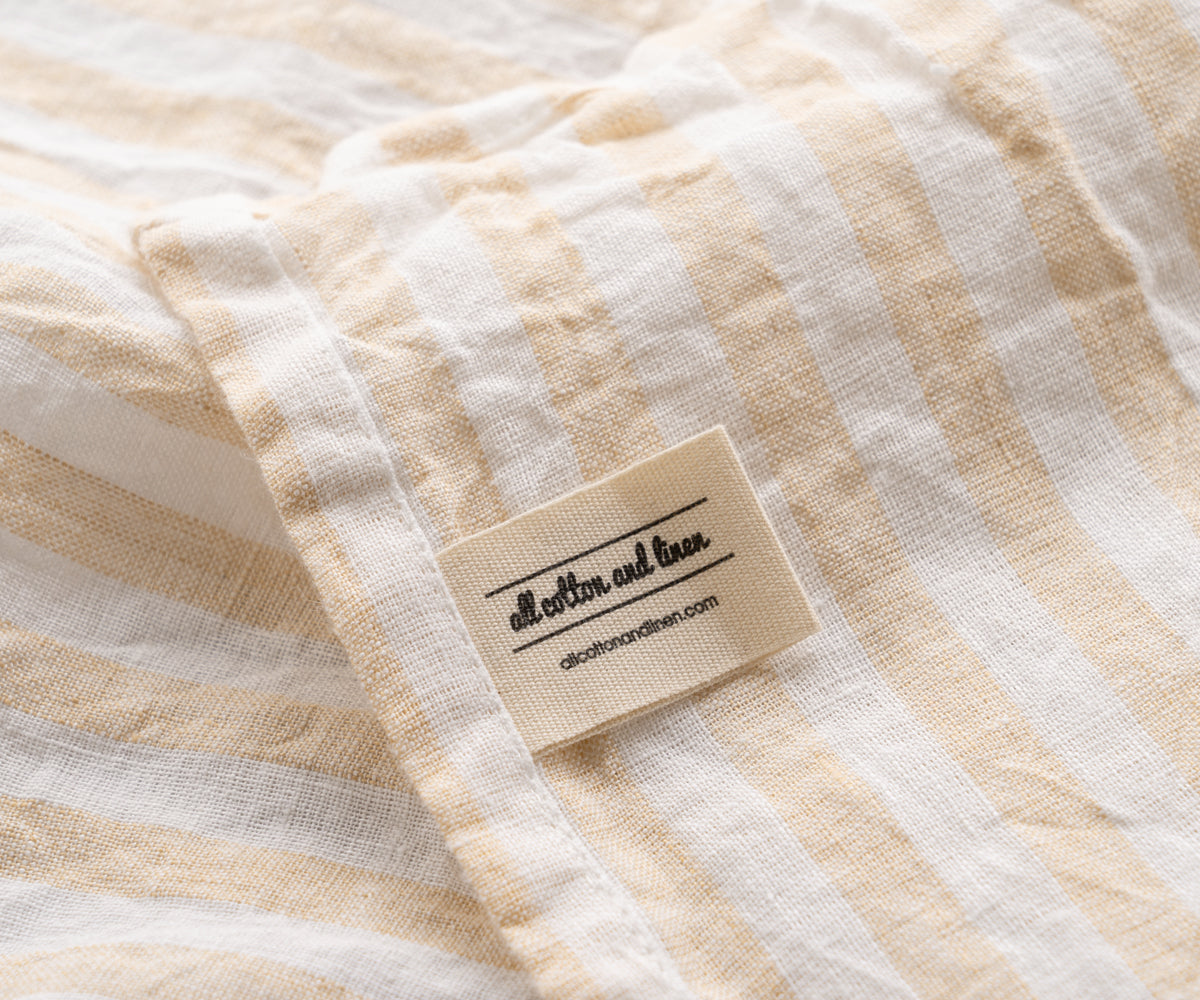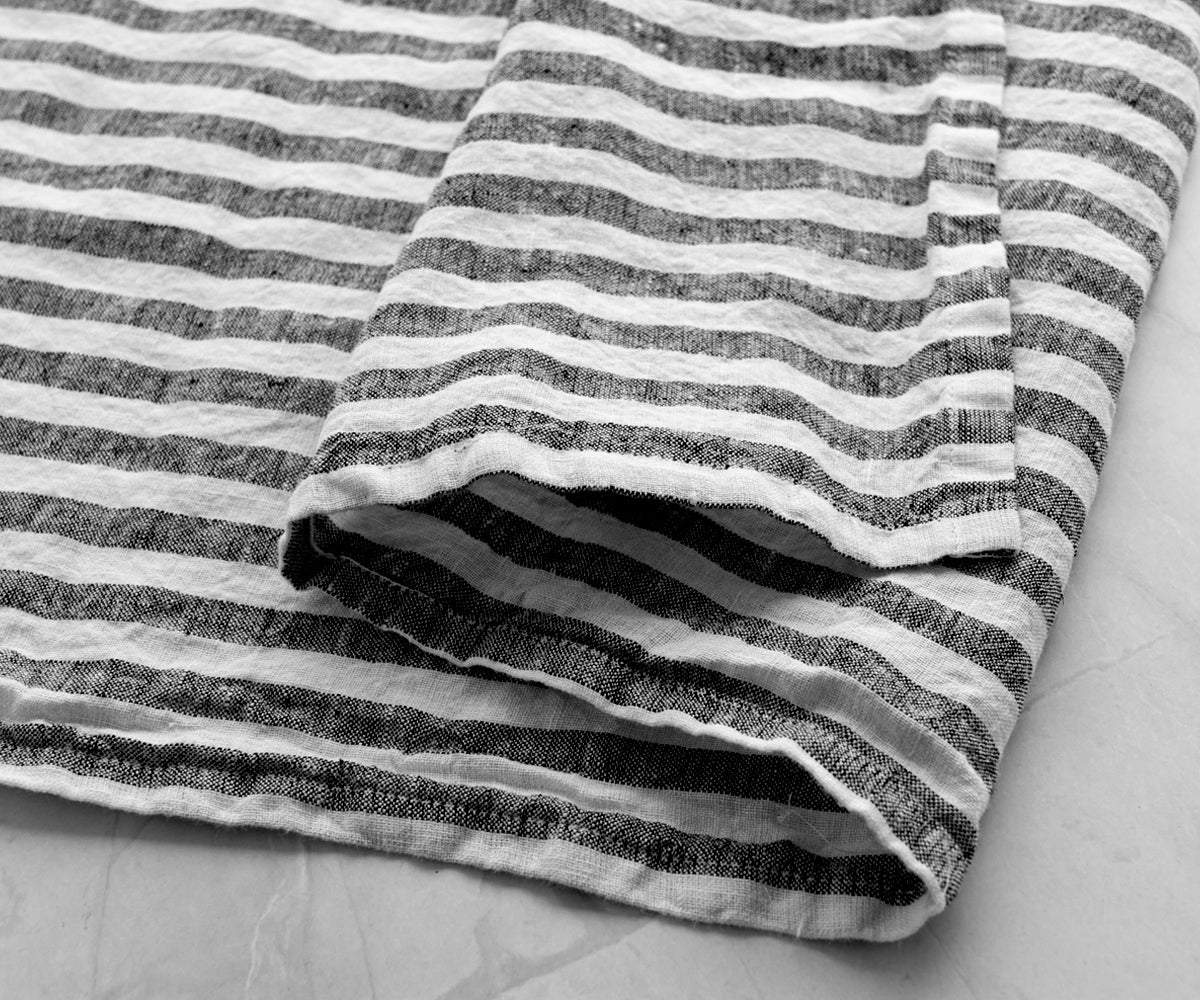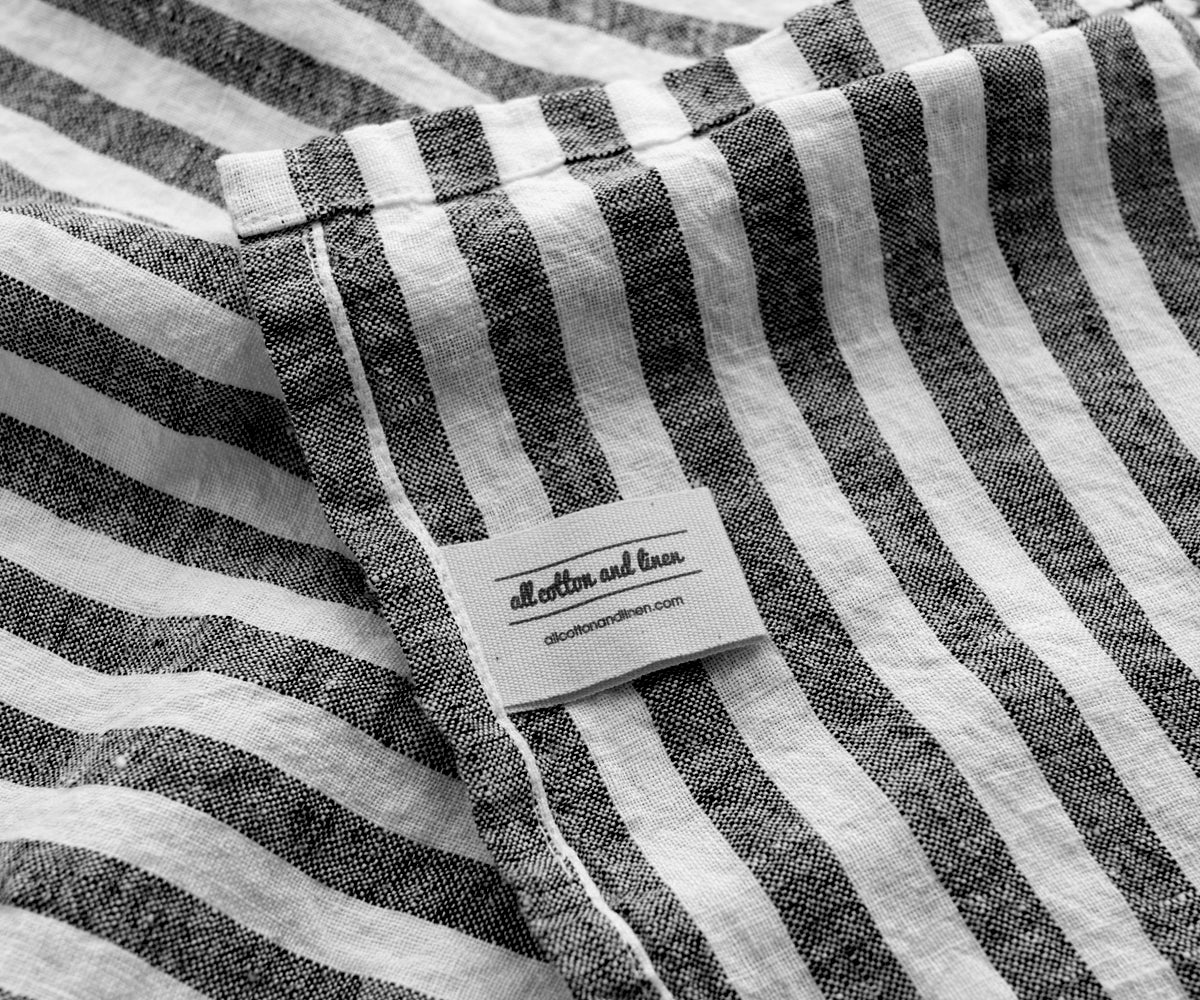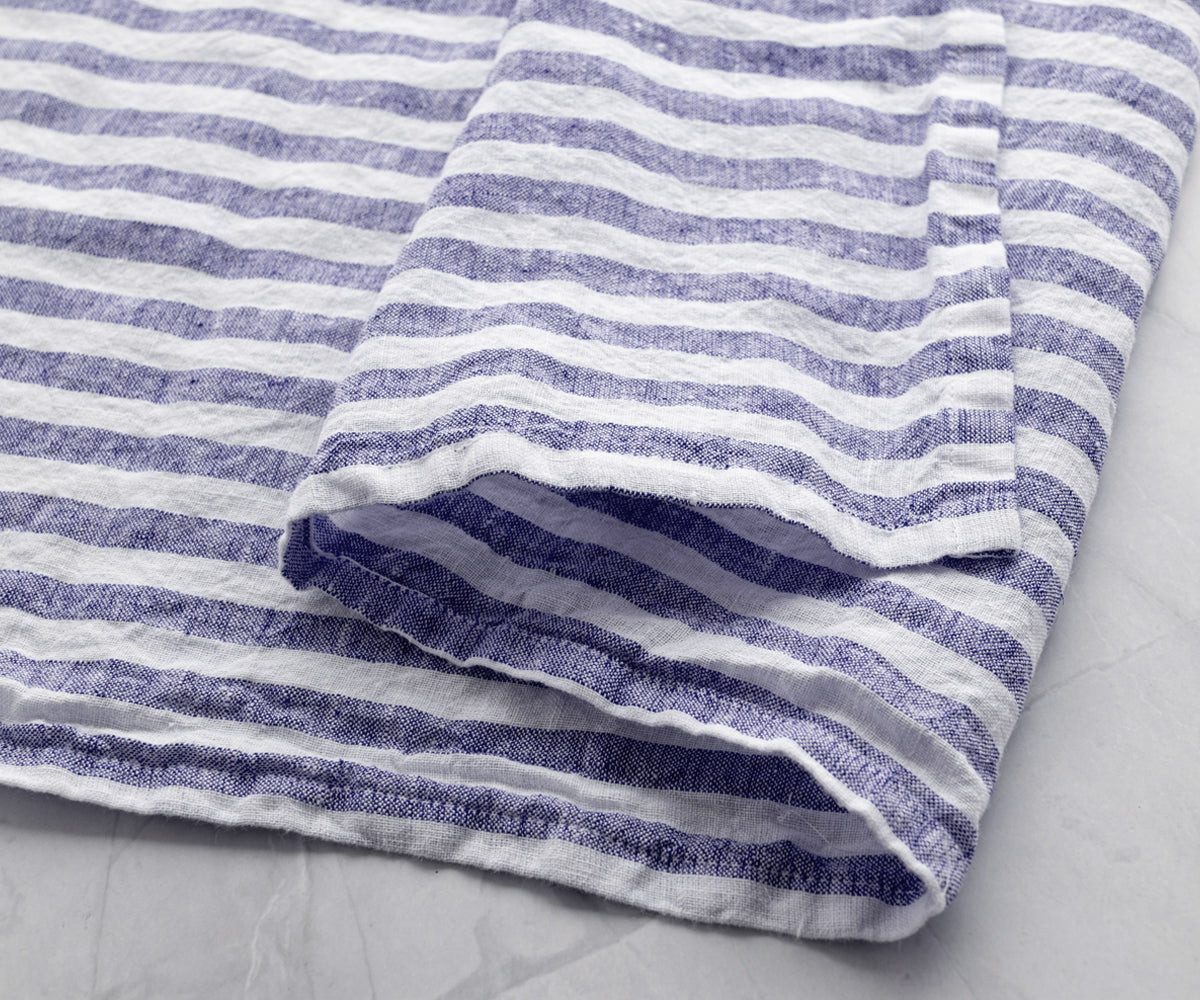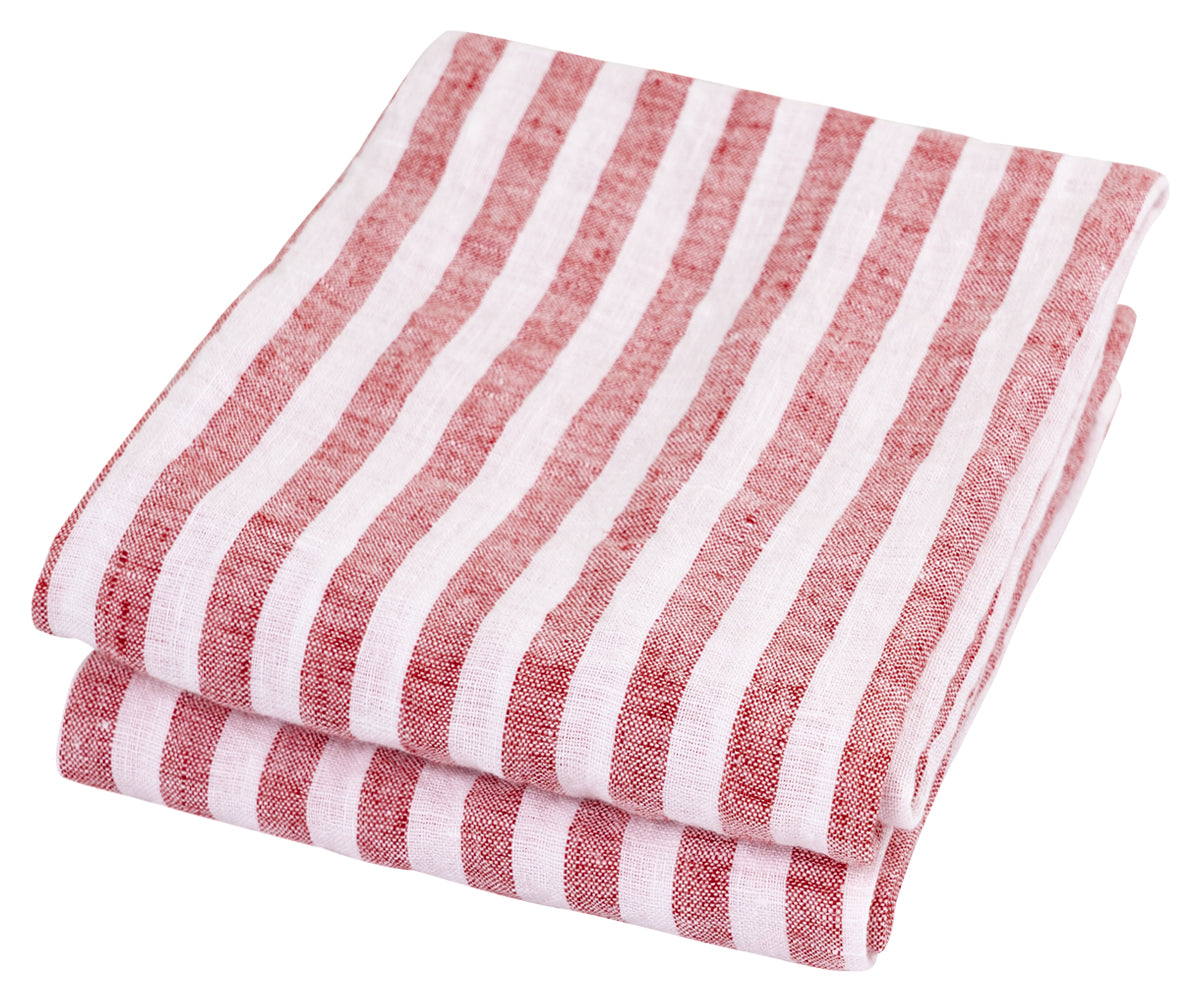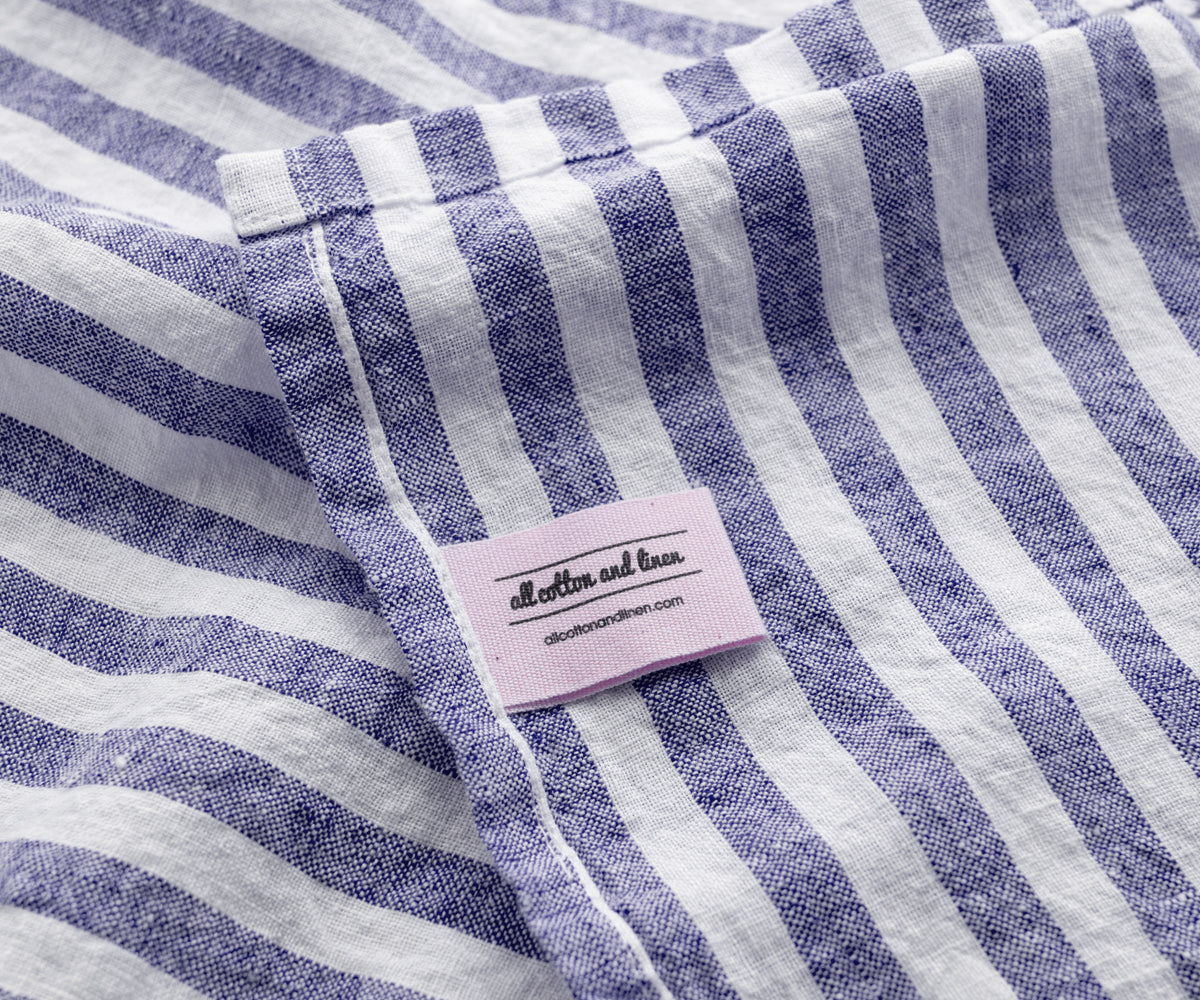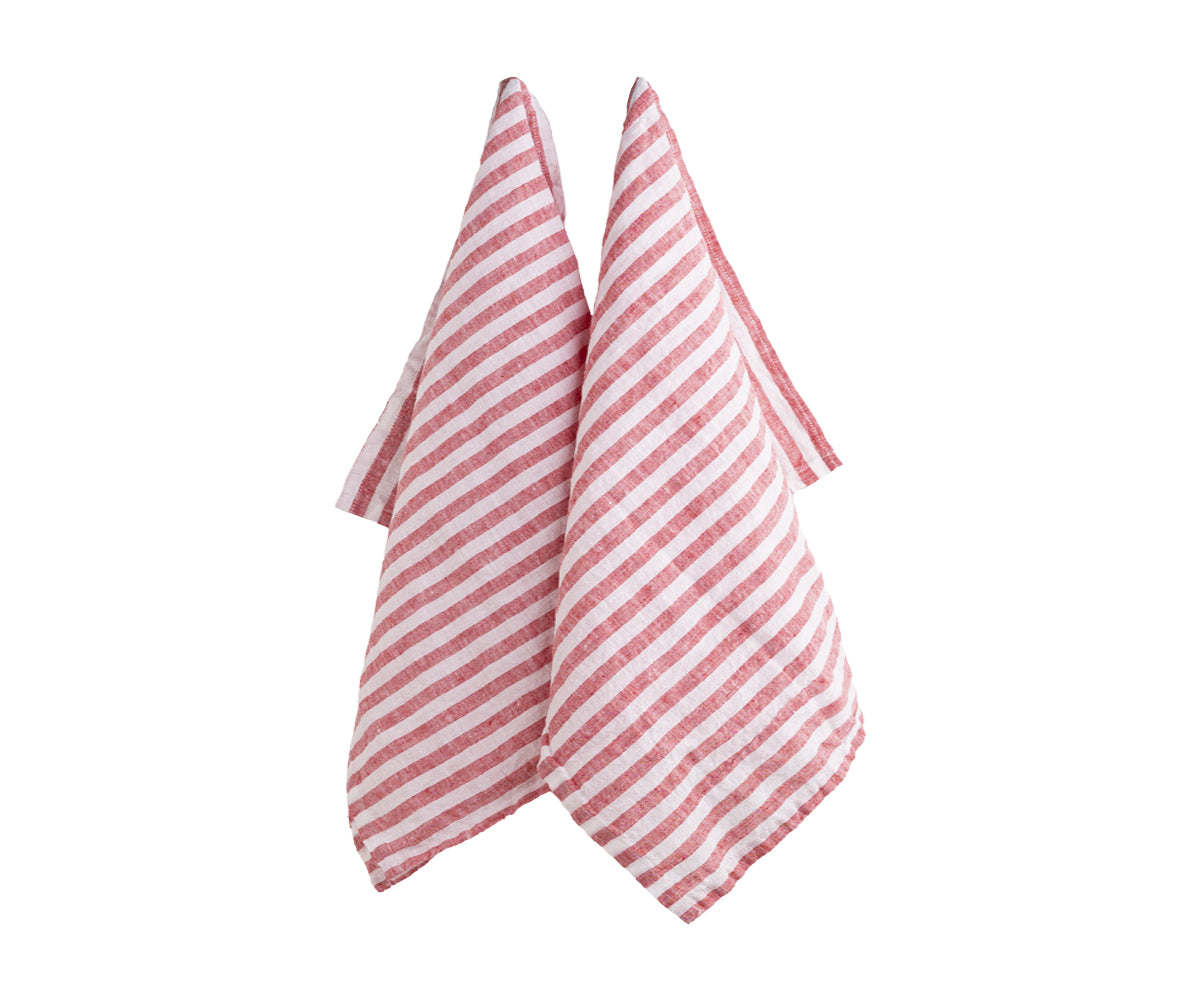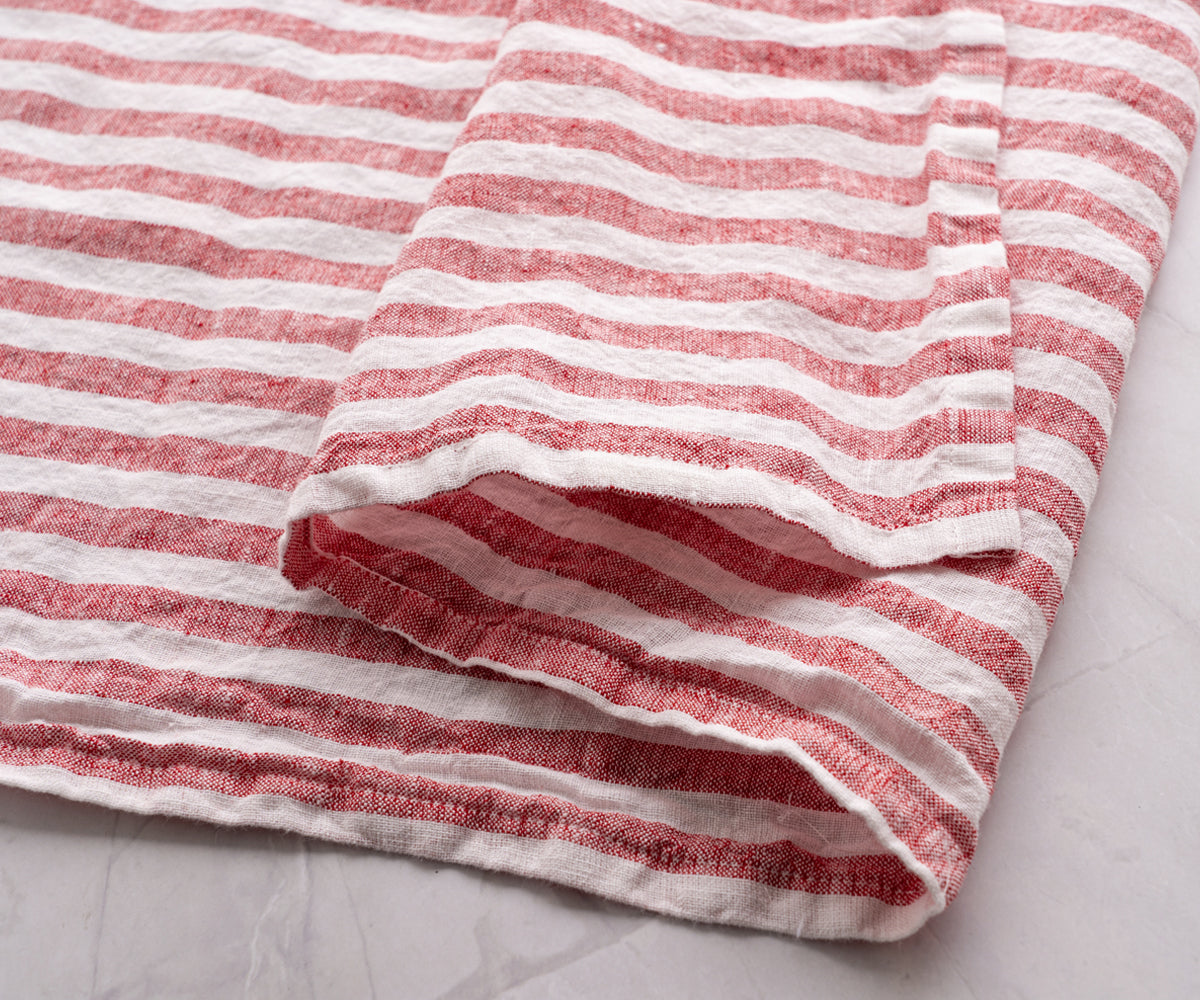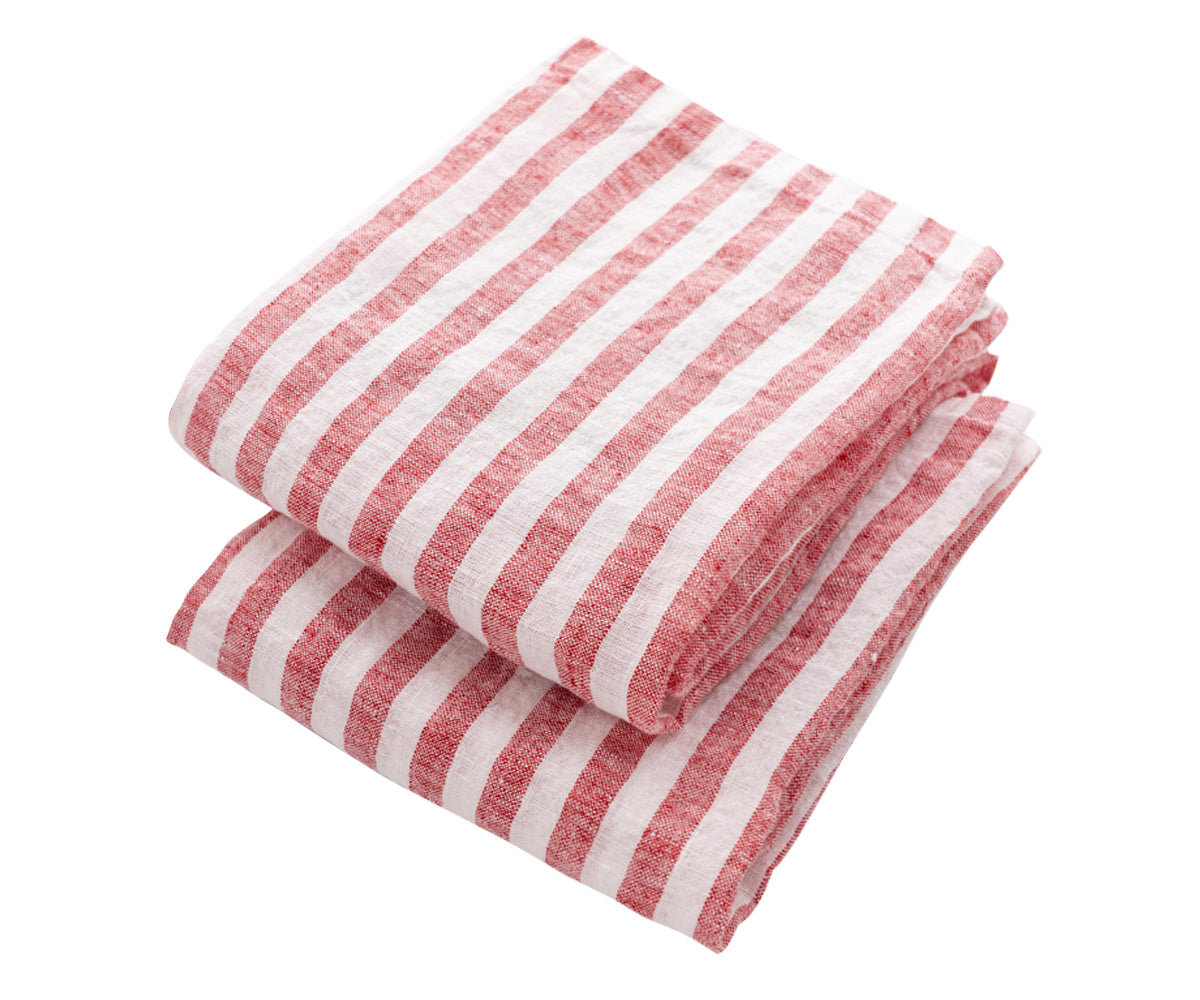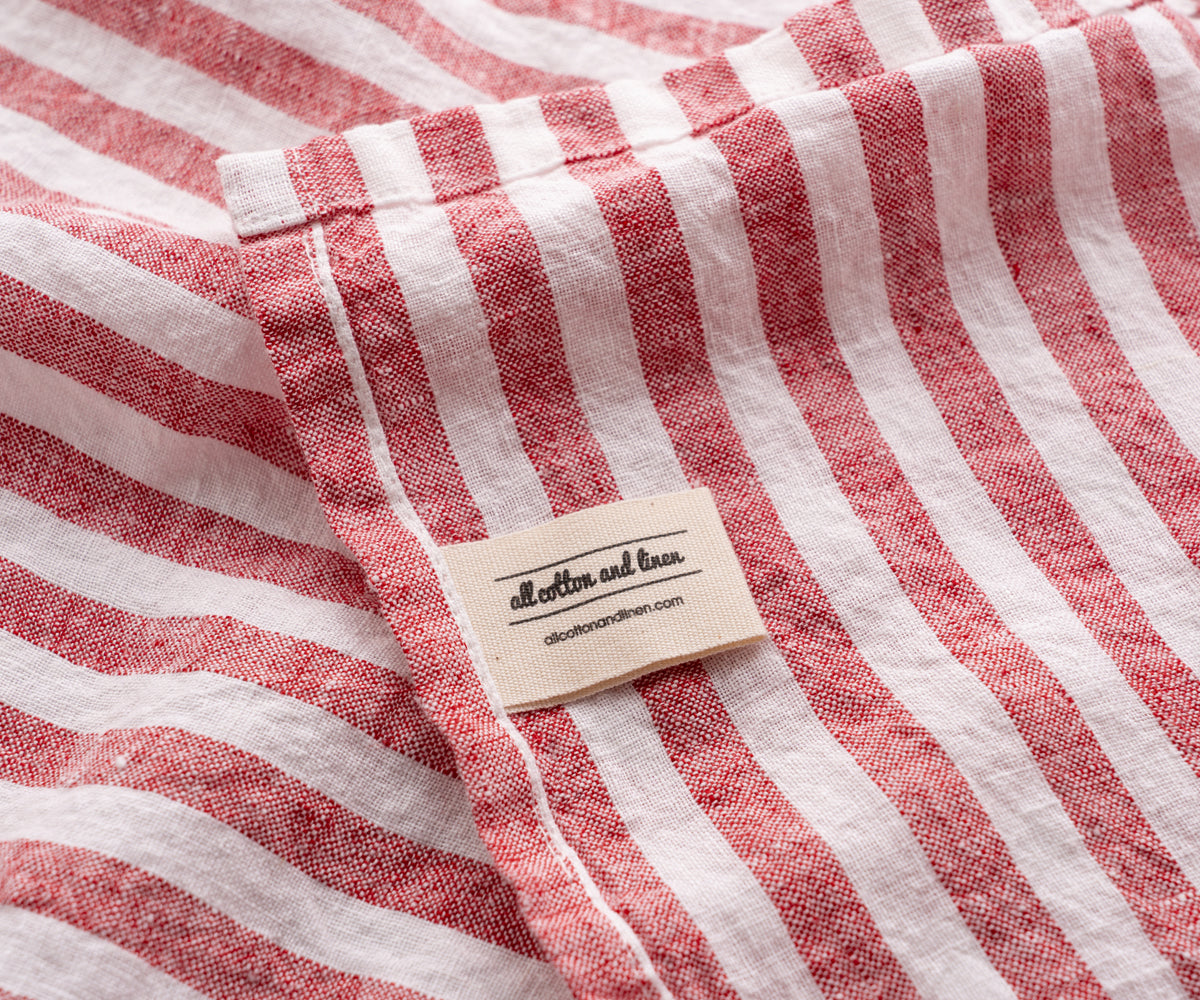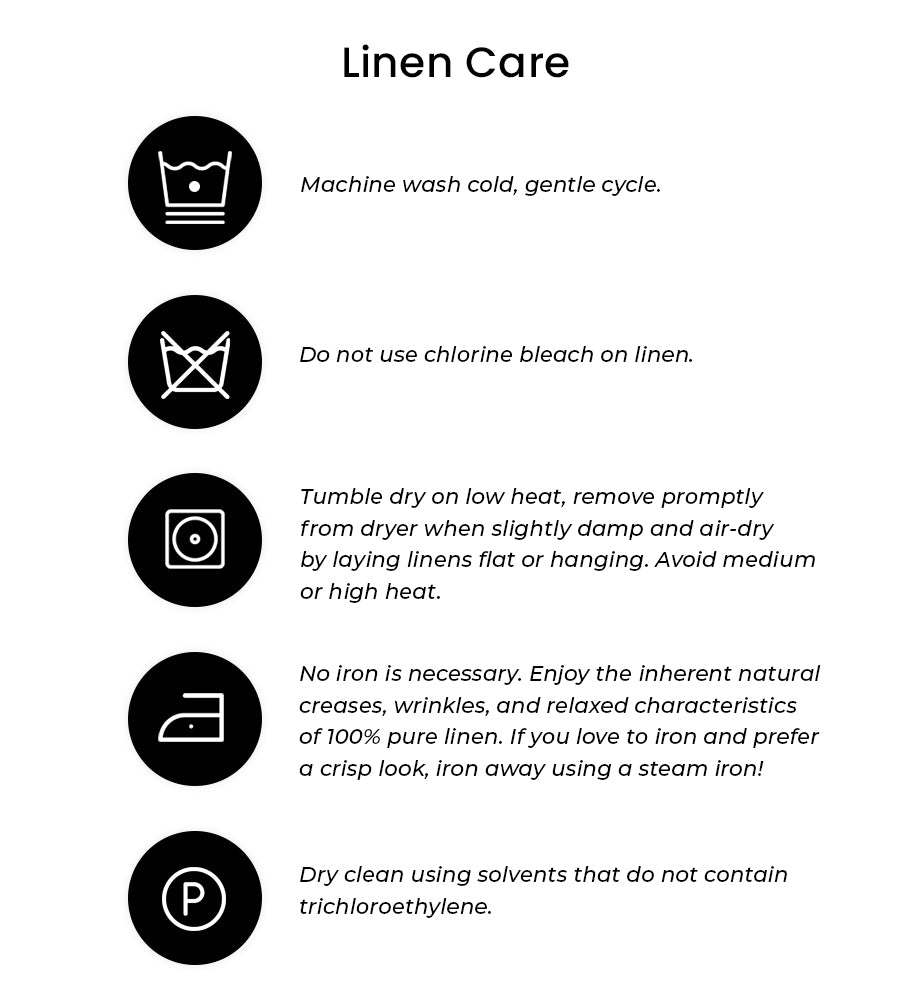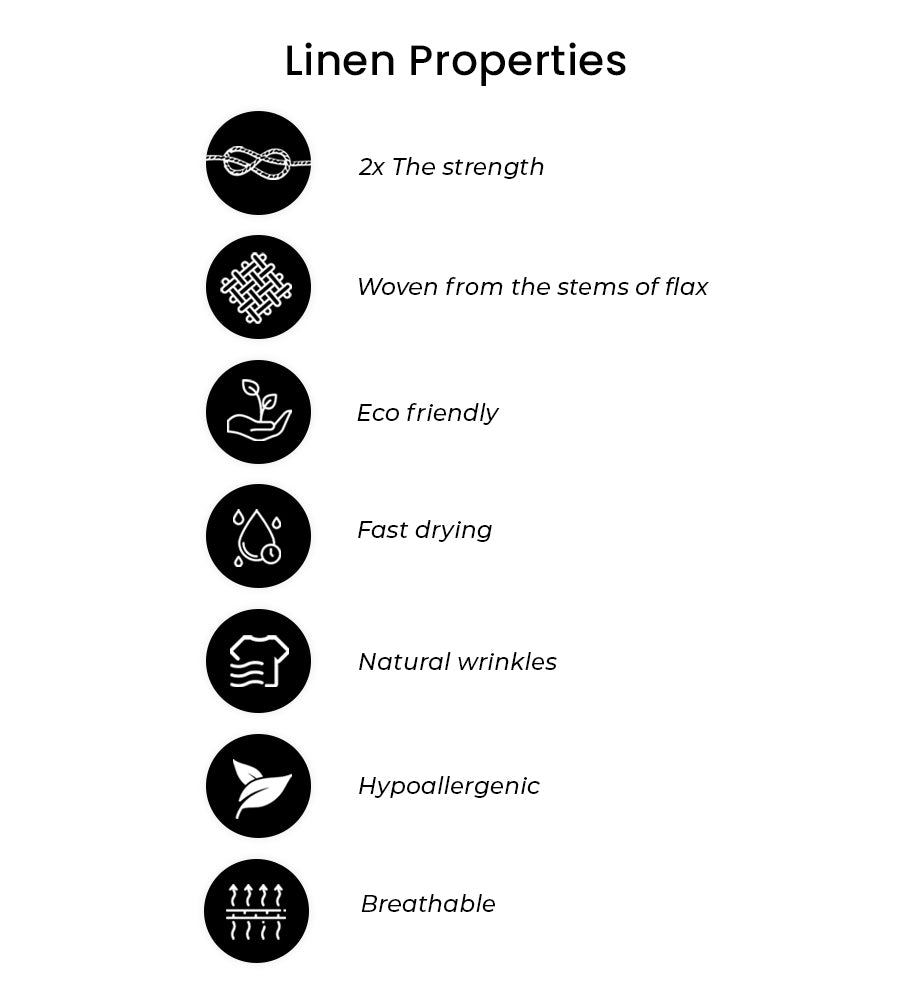A Special feature from our friend Stephanie Wild
While browsing the other day, I came across a blog by Stephanie Wild which I found to be very interesting. Before I start writing, I want to give full credit to Stephanie Wild for her content. The link to the original post is at the end of the article.
Every time running to the grocery store or the supermarket is not really an option anymore with the current COVID-19 situation. Therefore, home experiments are often the best way forward.
 I started looking for diary alternatives as, often I would get headaches with diary in my diet. Some people get allergies. Whatever be the reason, it is always handy to know how to get your own plant-based milk.
I started looking for diary alternatives as, often I would get headaches with diary in my diet. Some people get allergies. Whatever be the reason, it is always handy to know how to get your own plant-based milk.
Almond milk and oat milk are two recipes I have tried and tested, and both are quite simple to make. Of the two, oat milk is more sustainable as it takes a lot less water, but rest assured they are both a more eco-friendly option than cow milk.
Here are the steps to follow:
Almond Milk Recipe from Thermomix
170g of almonds, soaked overnight in filtered water with a pinch of salt
1000g of filtered water
1tbsp Honey
All the ingredients need a smooth blend and then they need to be filtered through a nut bag or a muslin cloth bag or a Swaddle sheet.
Oat Milk Recipe from The Minimalist Baker
1 cup of rolled oats
4 cups of filtered water
1tbsp maple syrup
1/2 tsp of vanilla extract
We follow a similar process here and blend all ingredients then filter through a muslin cloth bag or a swaddle sheet.
Filtering through an organic cotton muslin bag or a swaddle sheet gives you the best results without having to worry about harmful chemicals, durability, and reusability of the cloth. The cloth being biodegradable is absolutely safe to the environment. They are lightweight, can be stored easily and maintained effortlessly to last long.
To ensure you have the smoothest plant-based milk, filter twice. Enjoy a natural homemade beverage, using the safest organic cotton cloth for a healthy you and a healthy environment.
Here’s the link for the original blog: See Here
